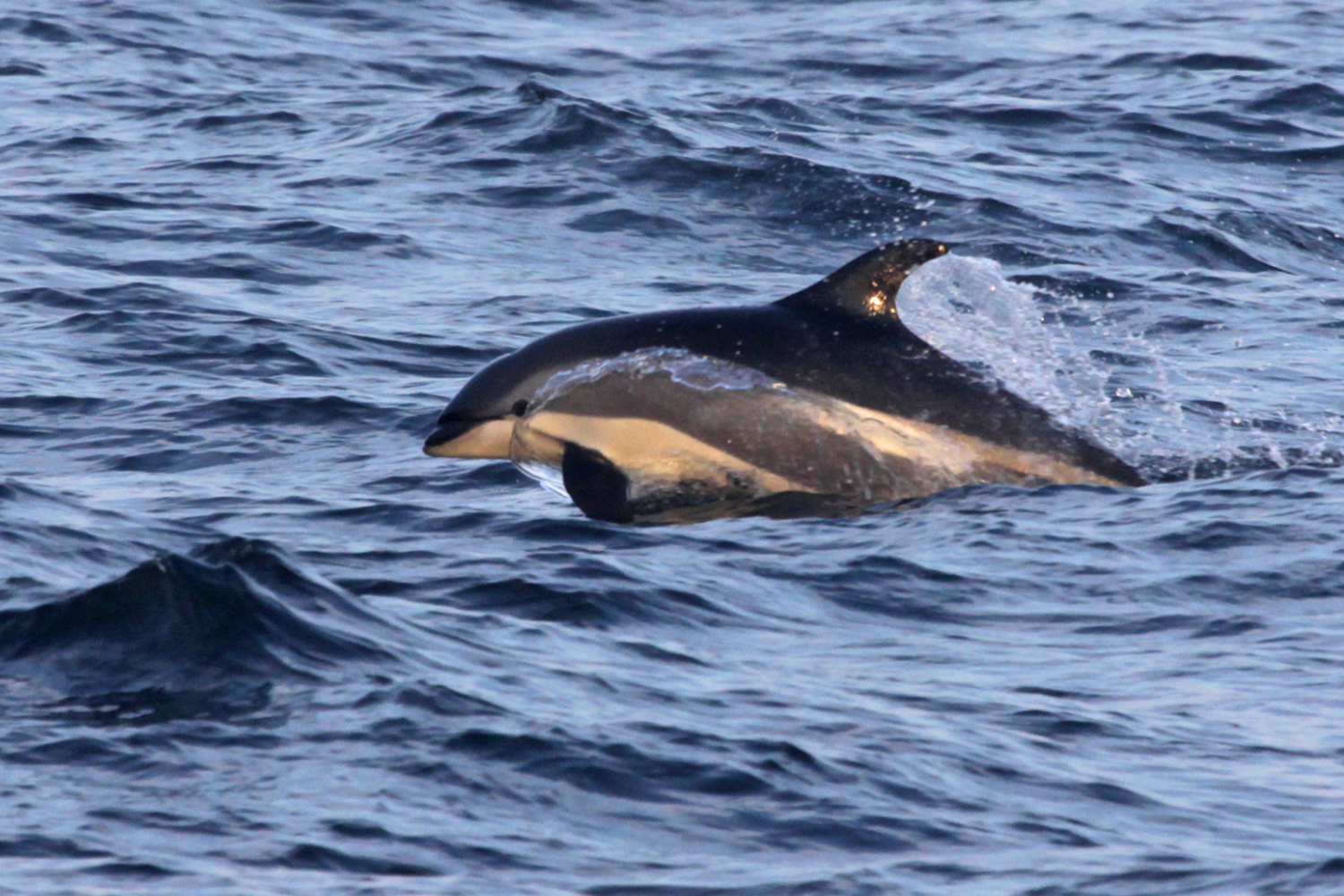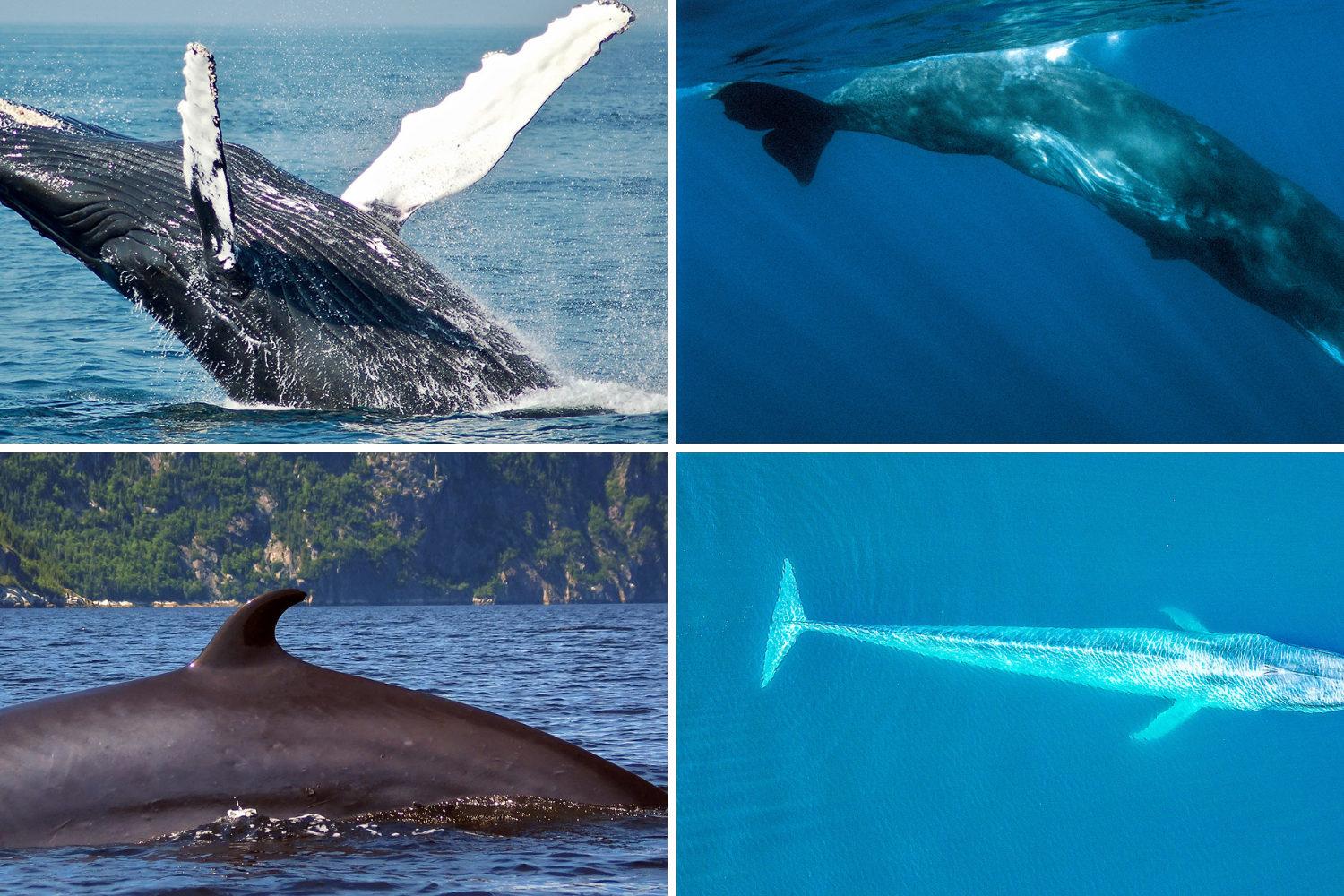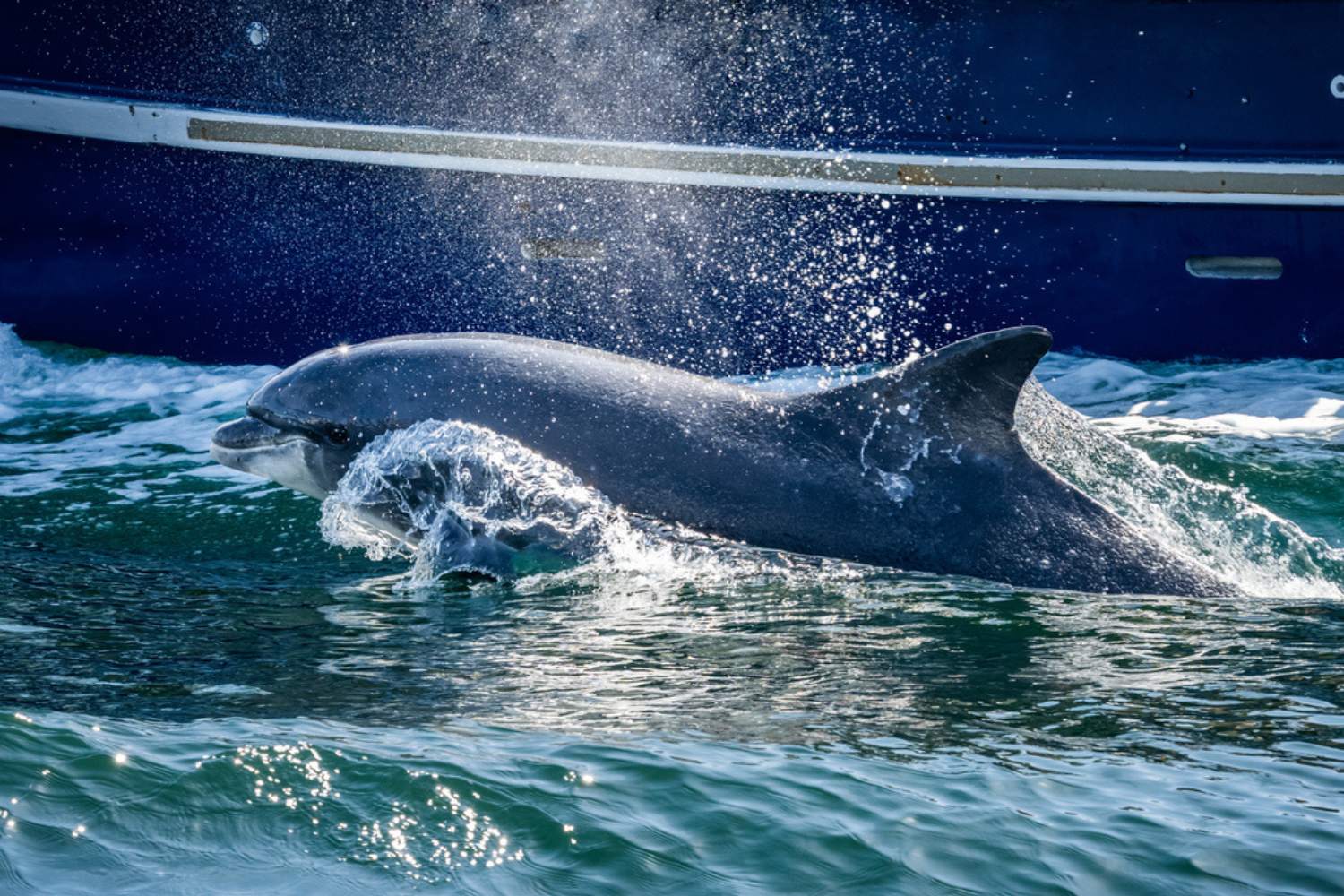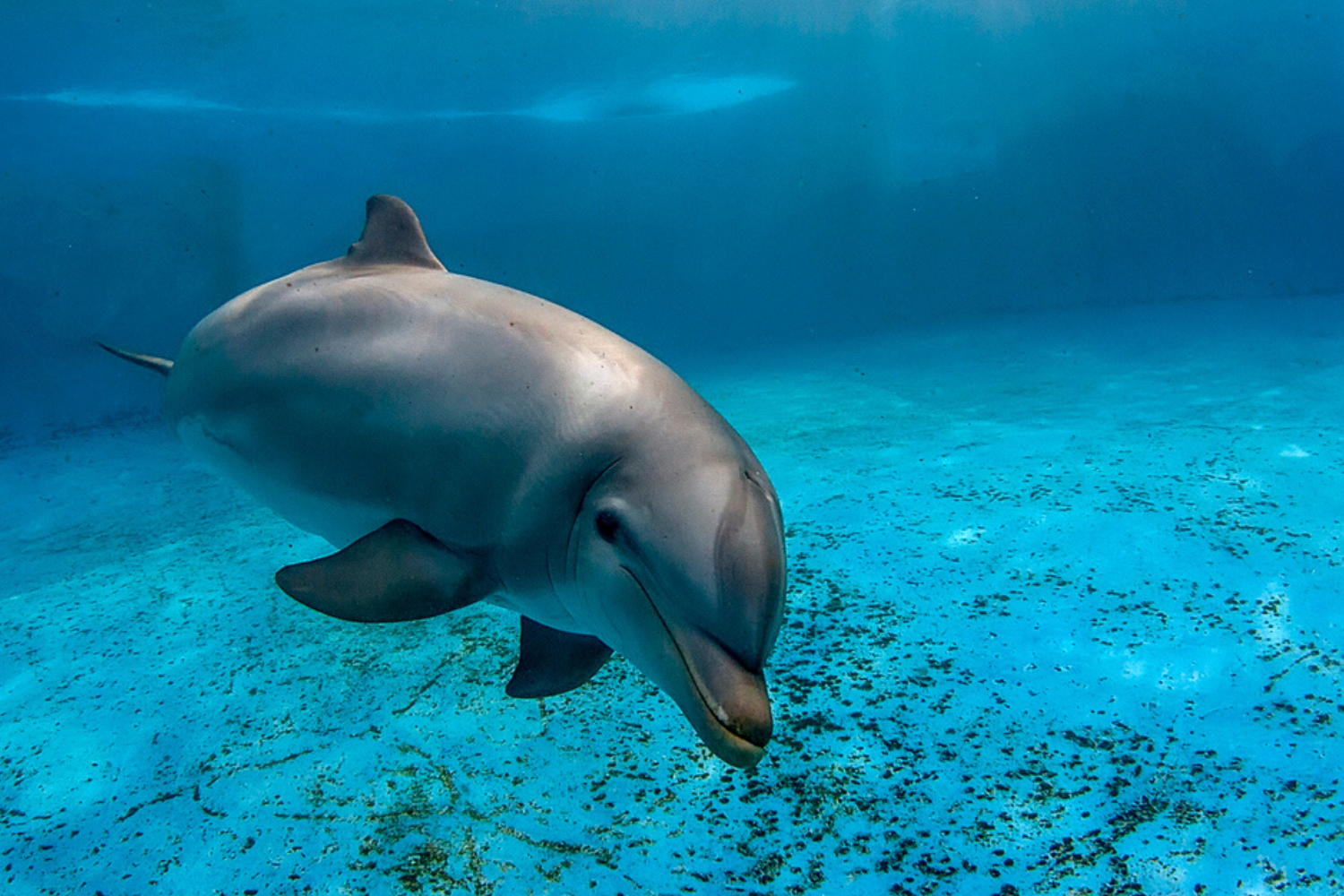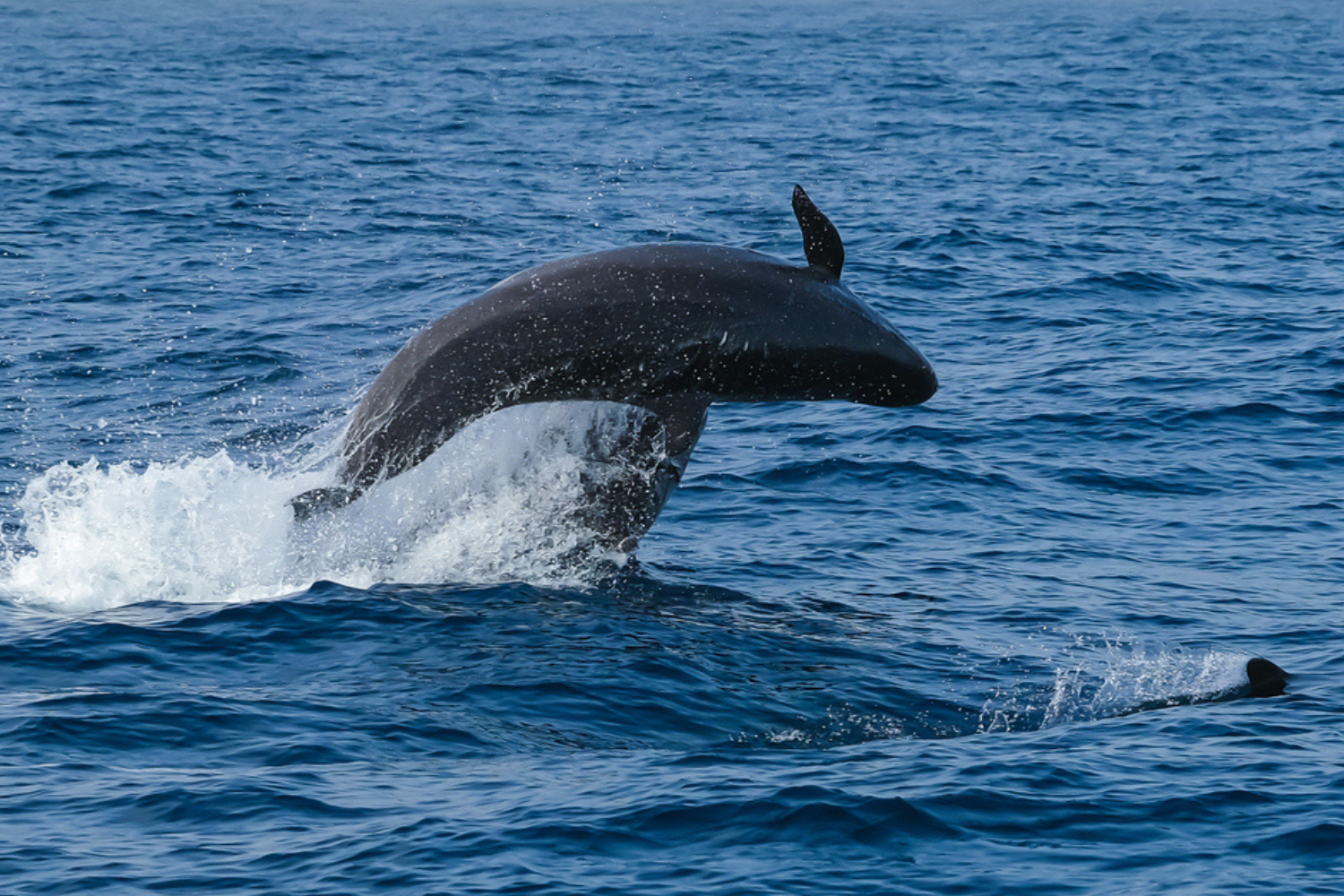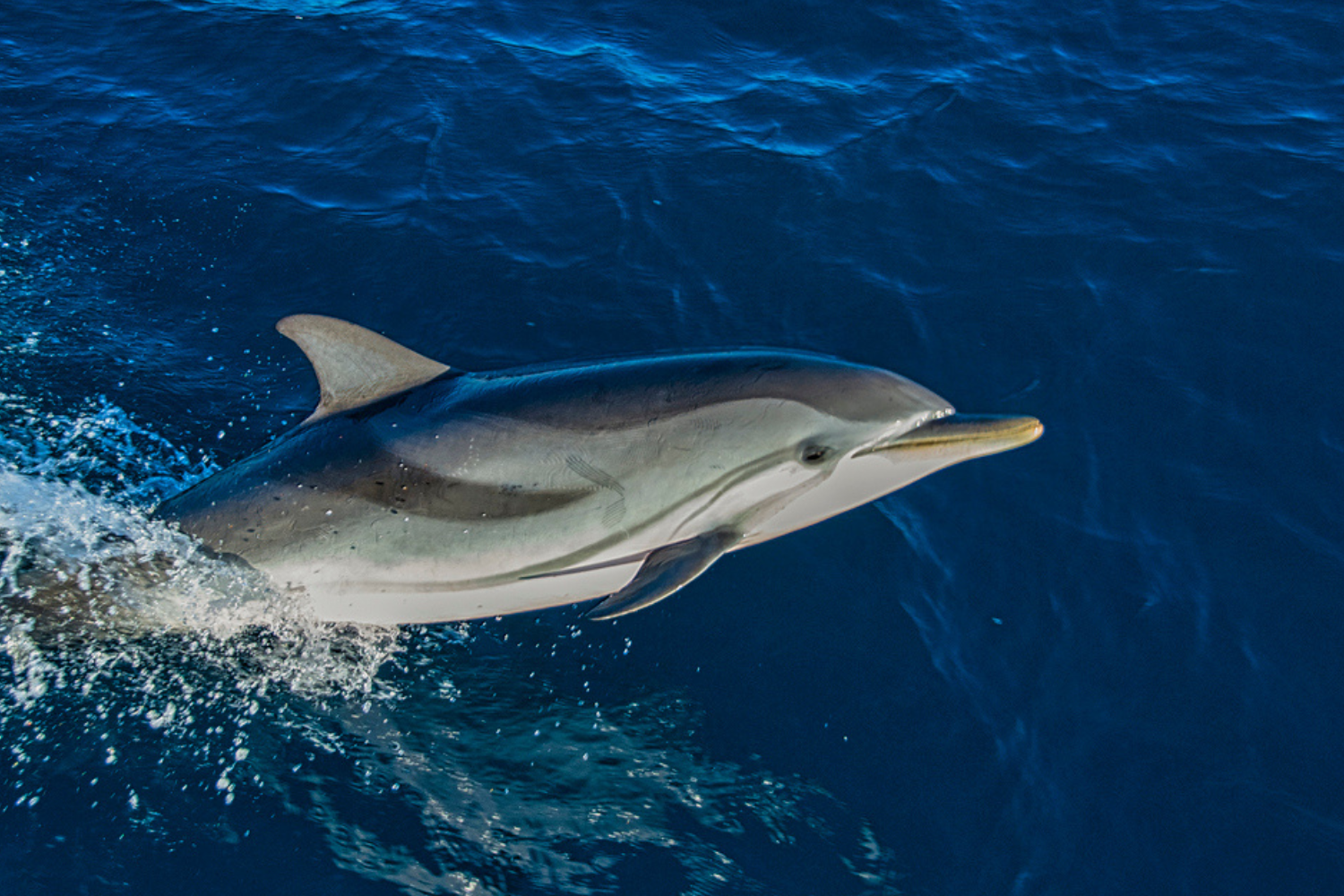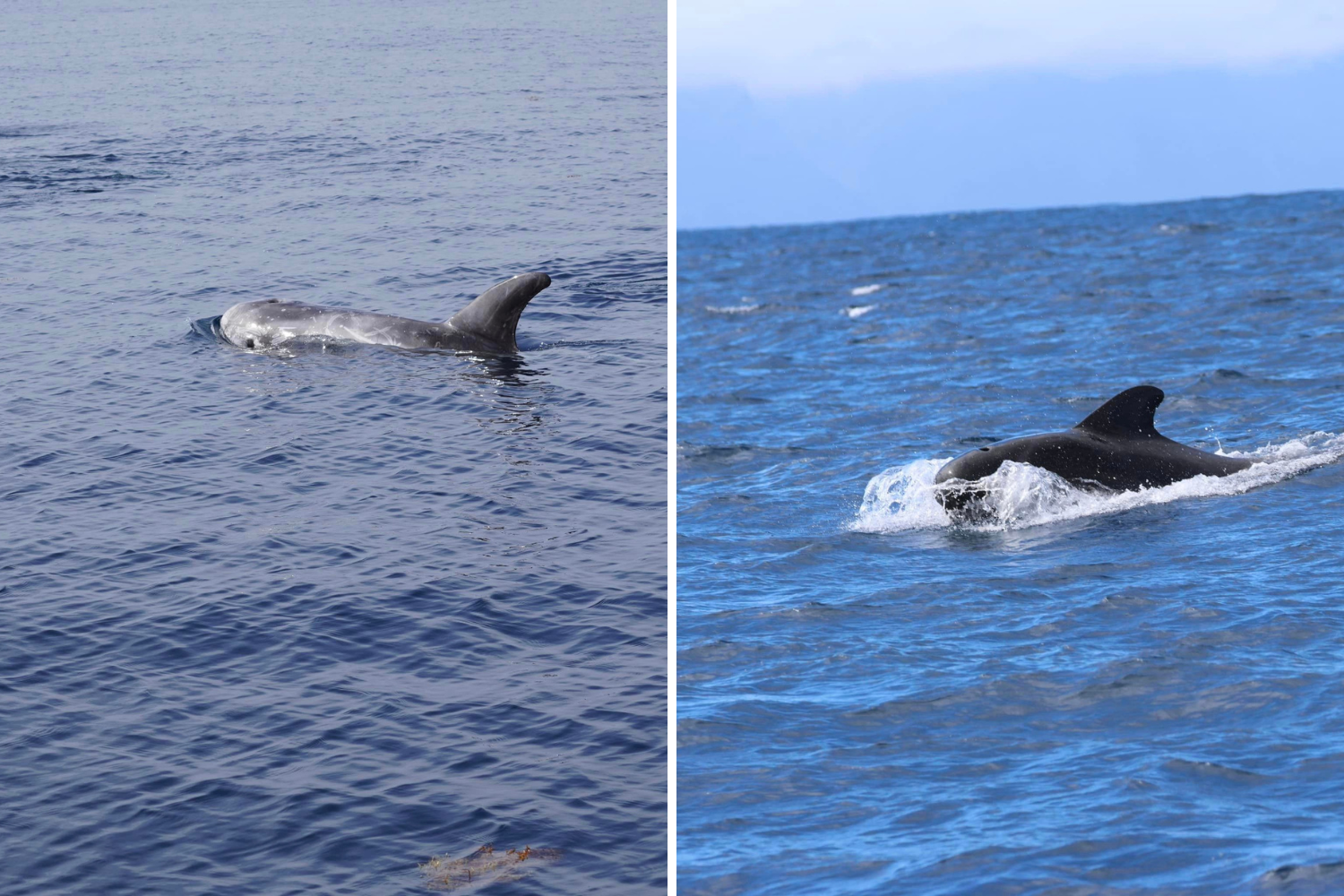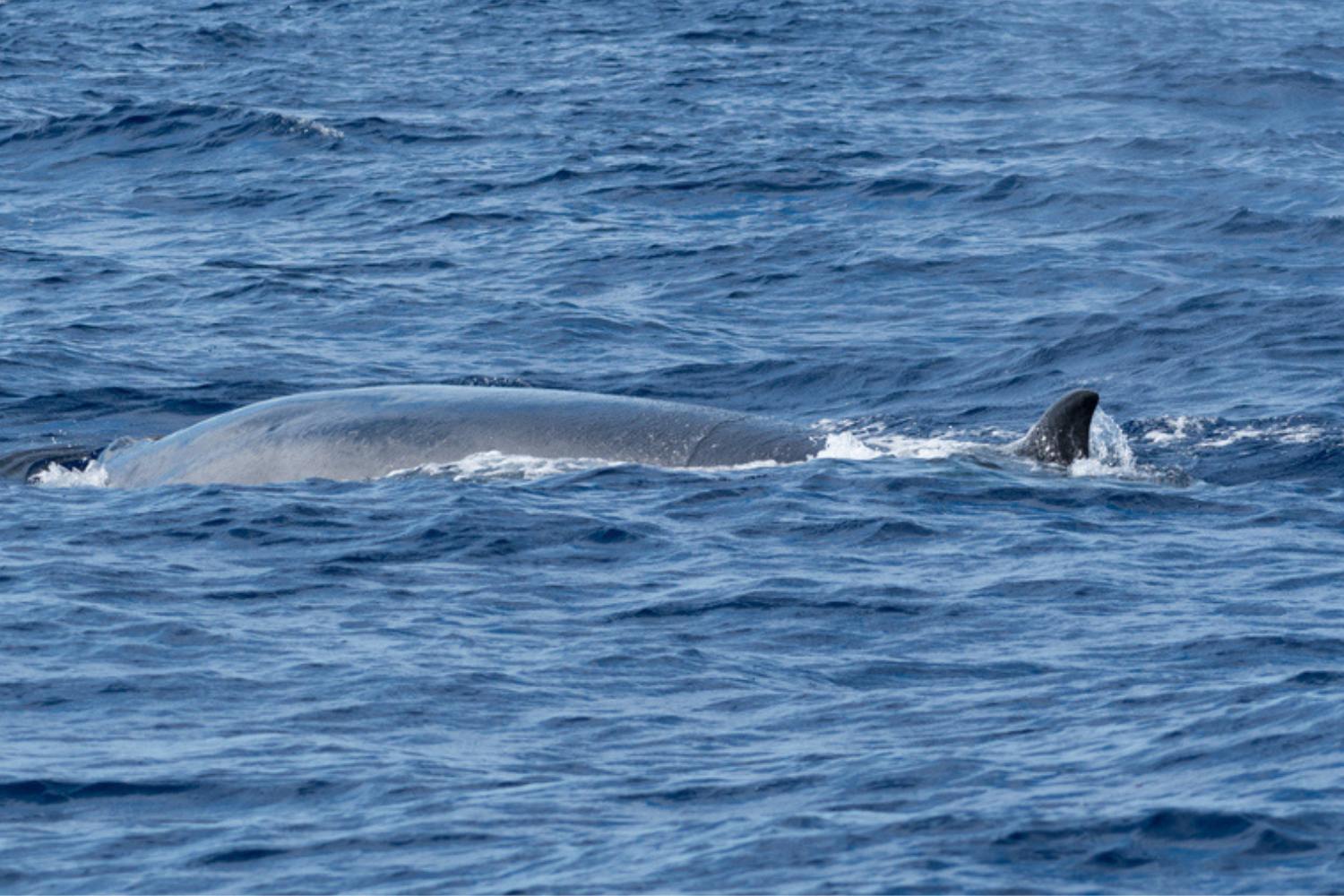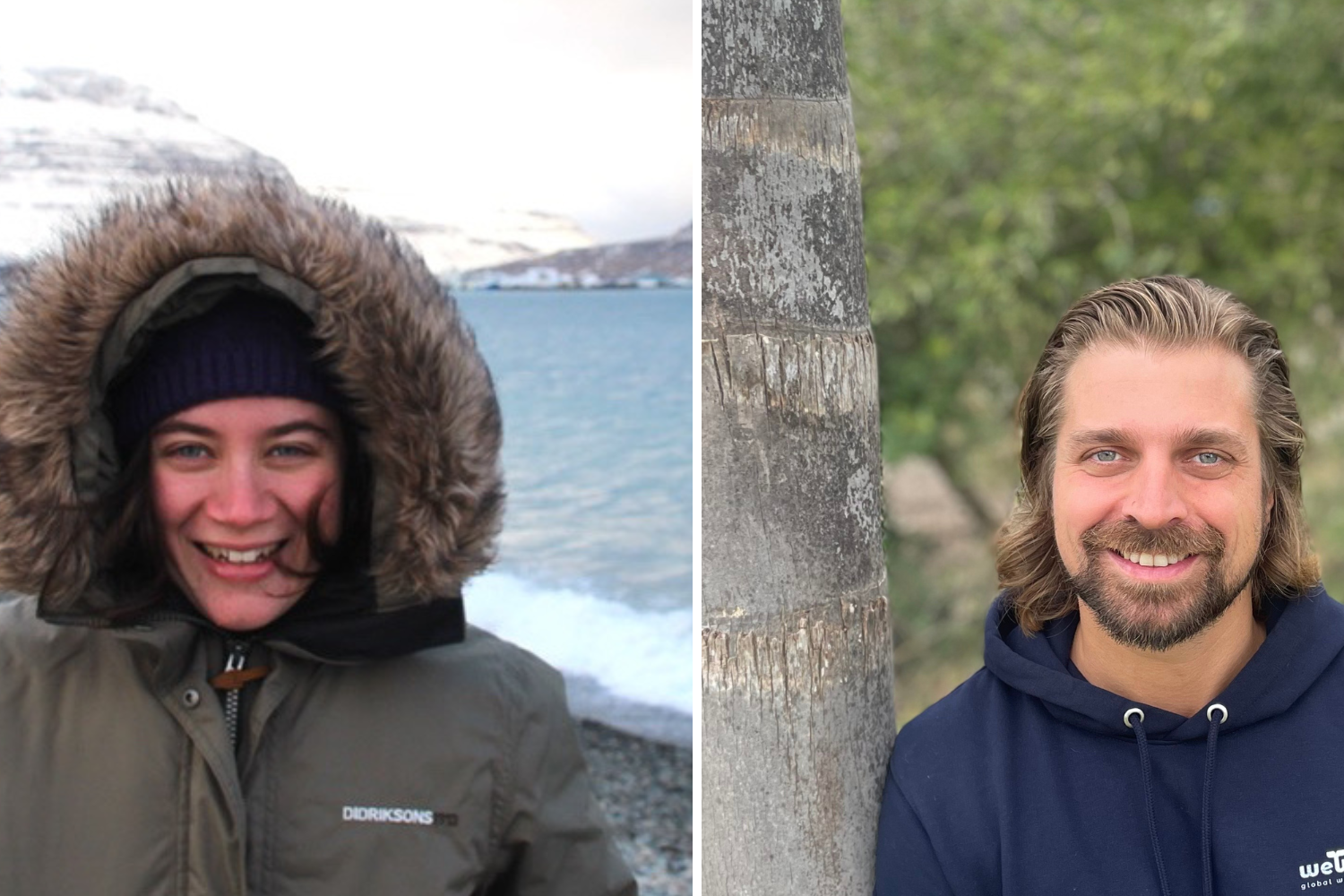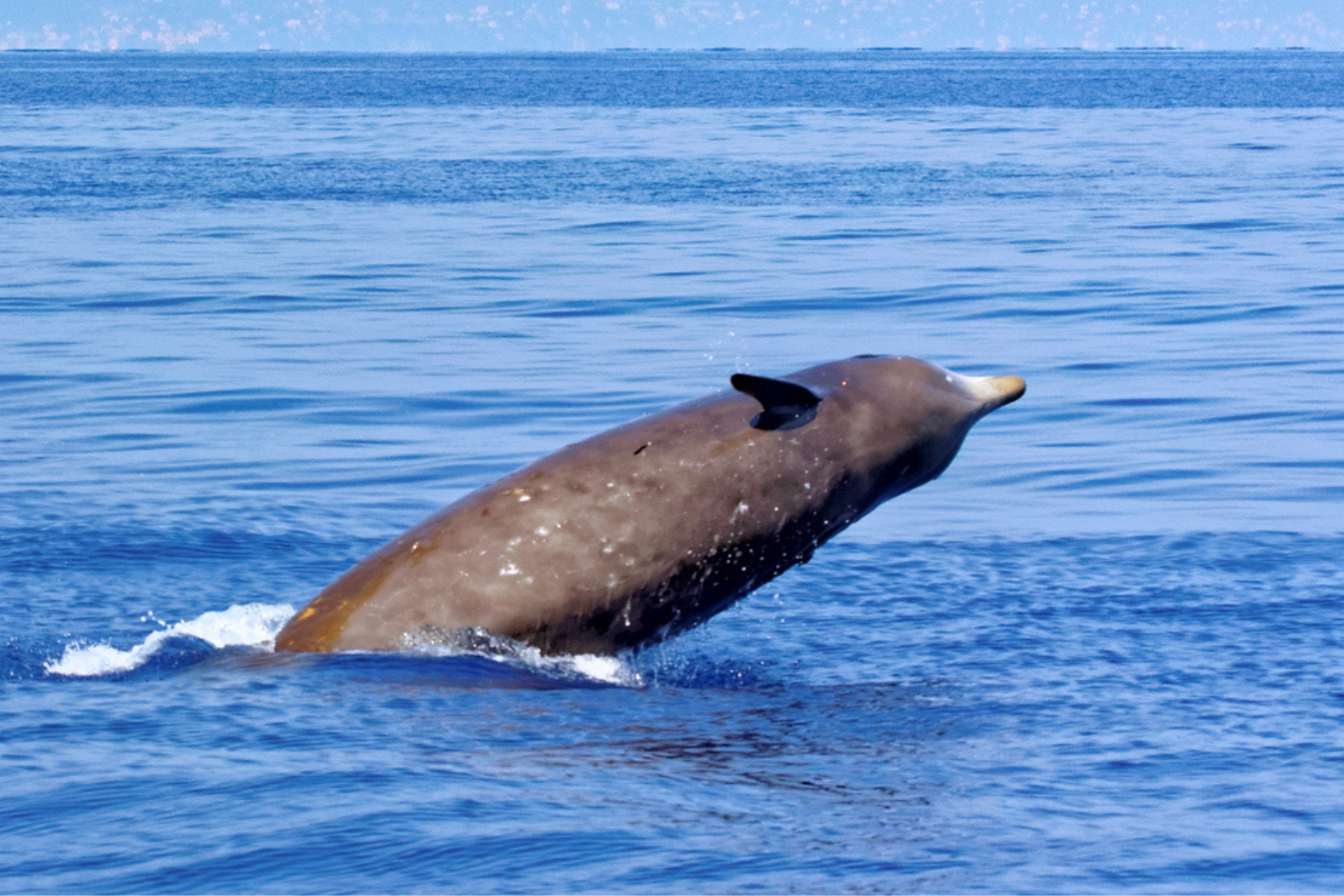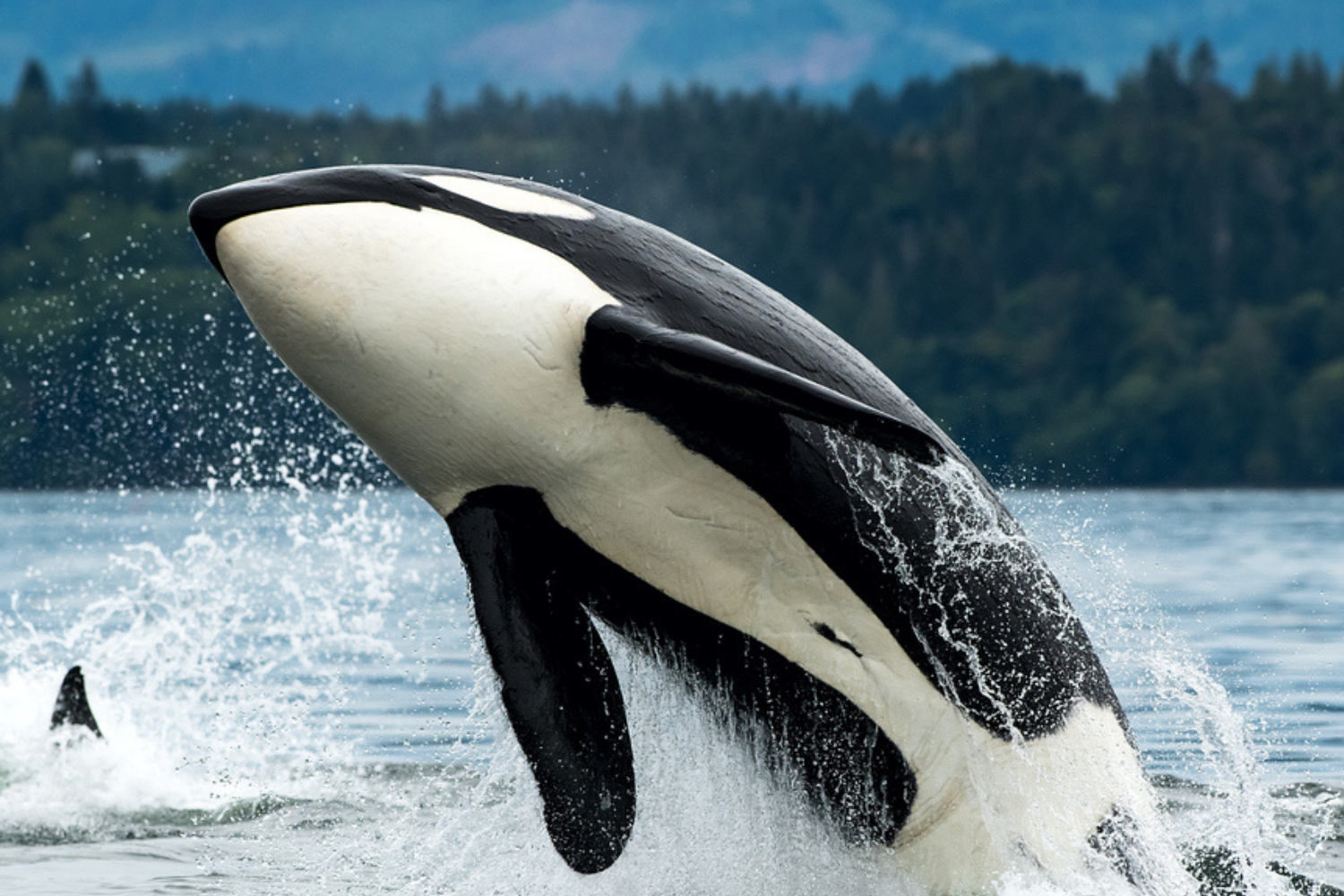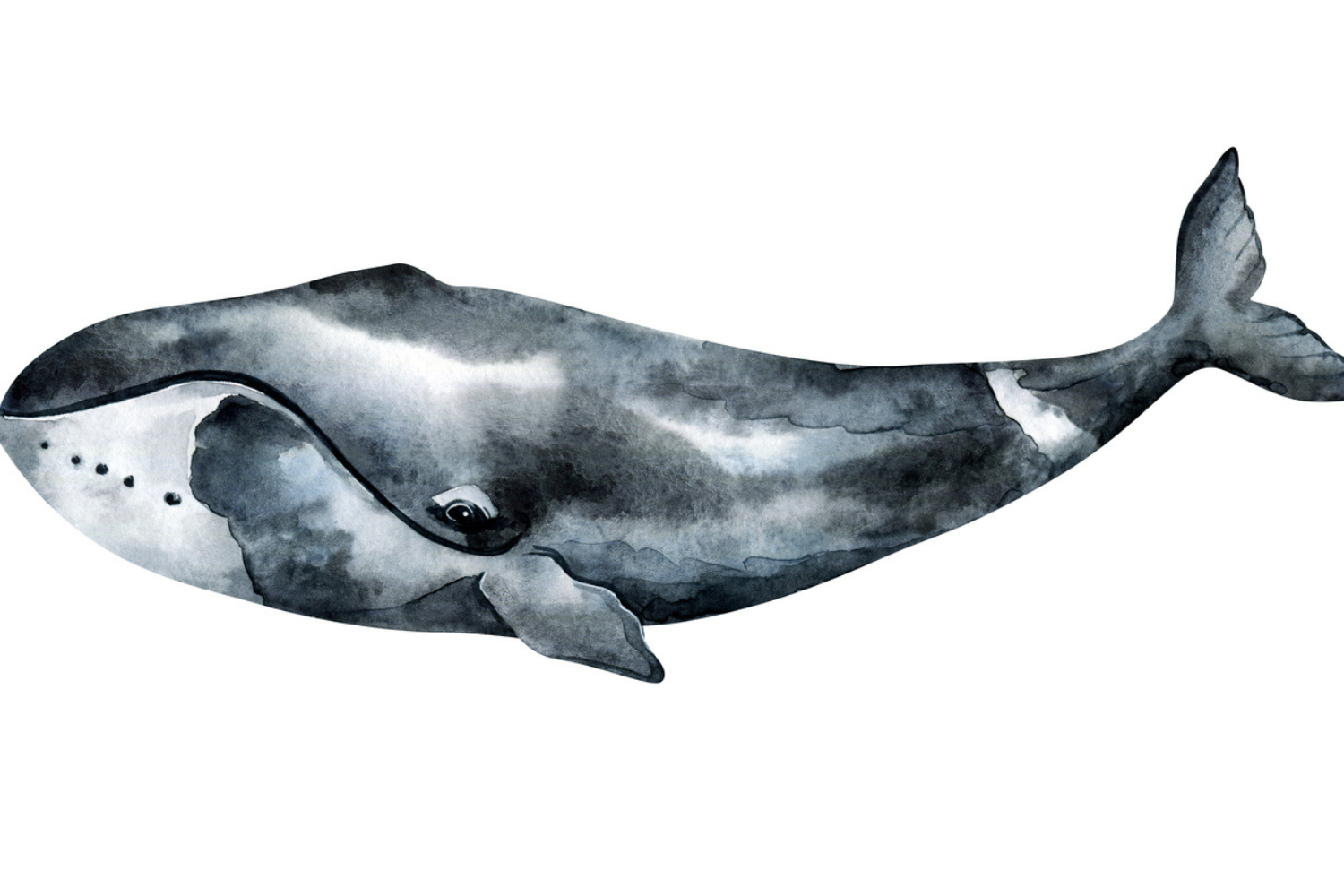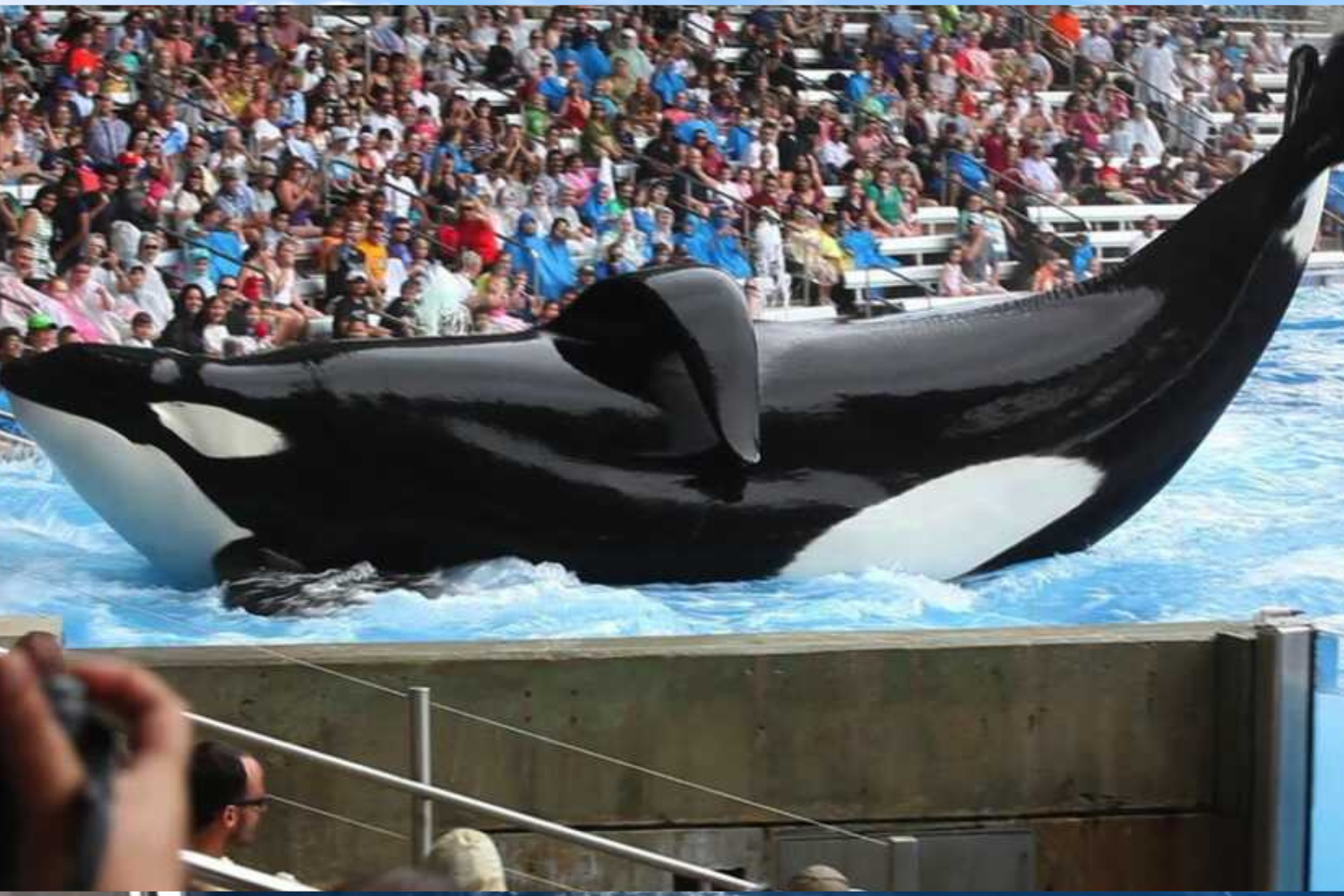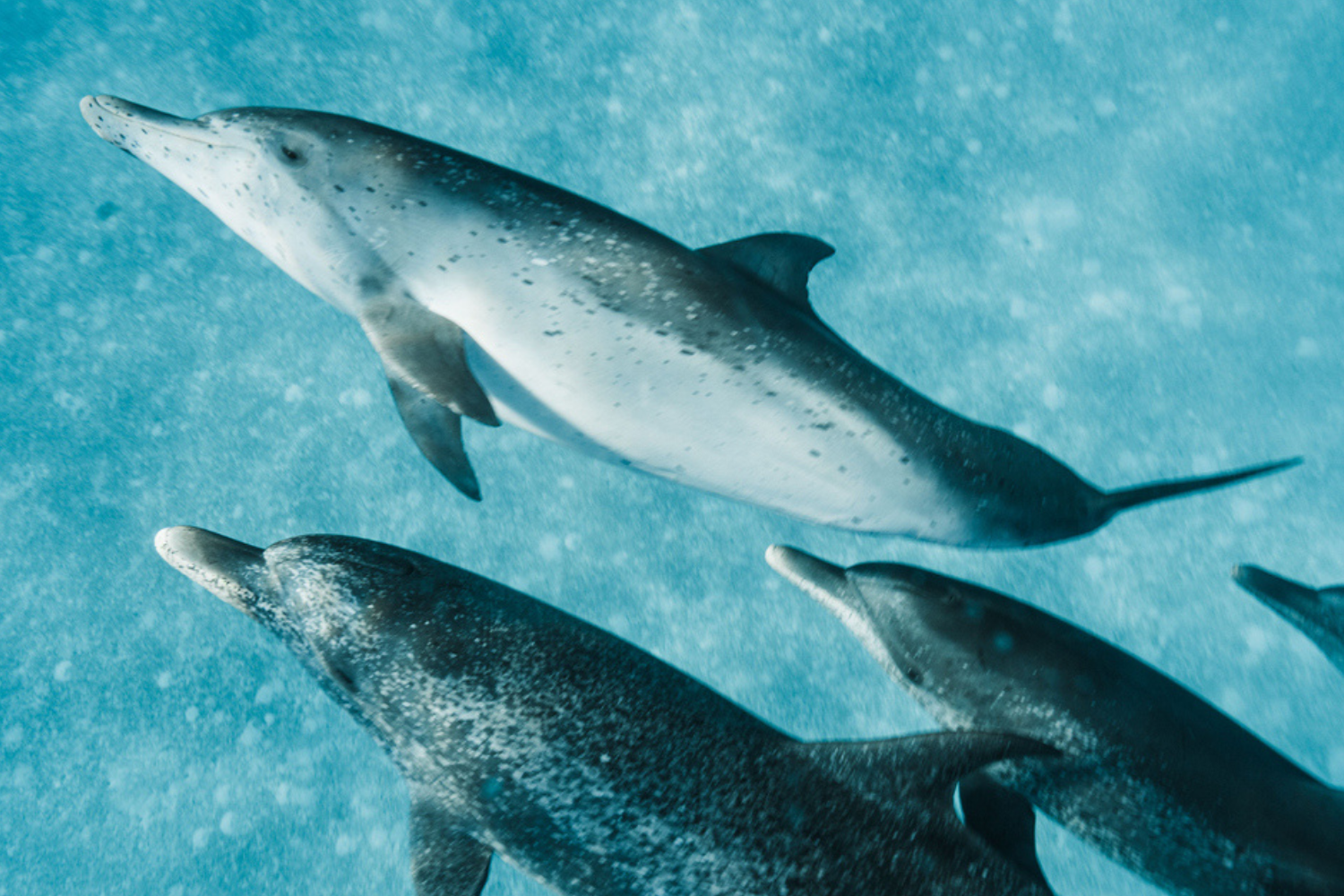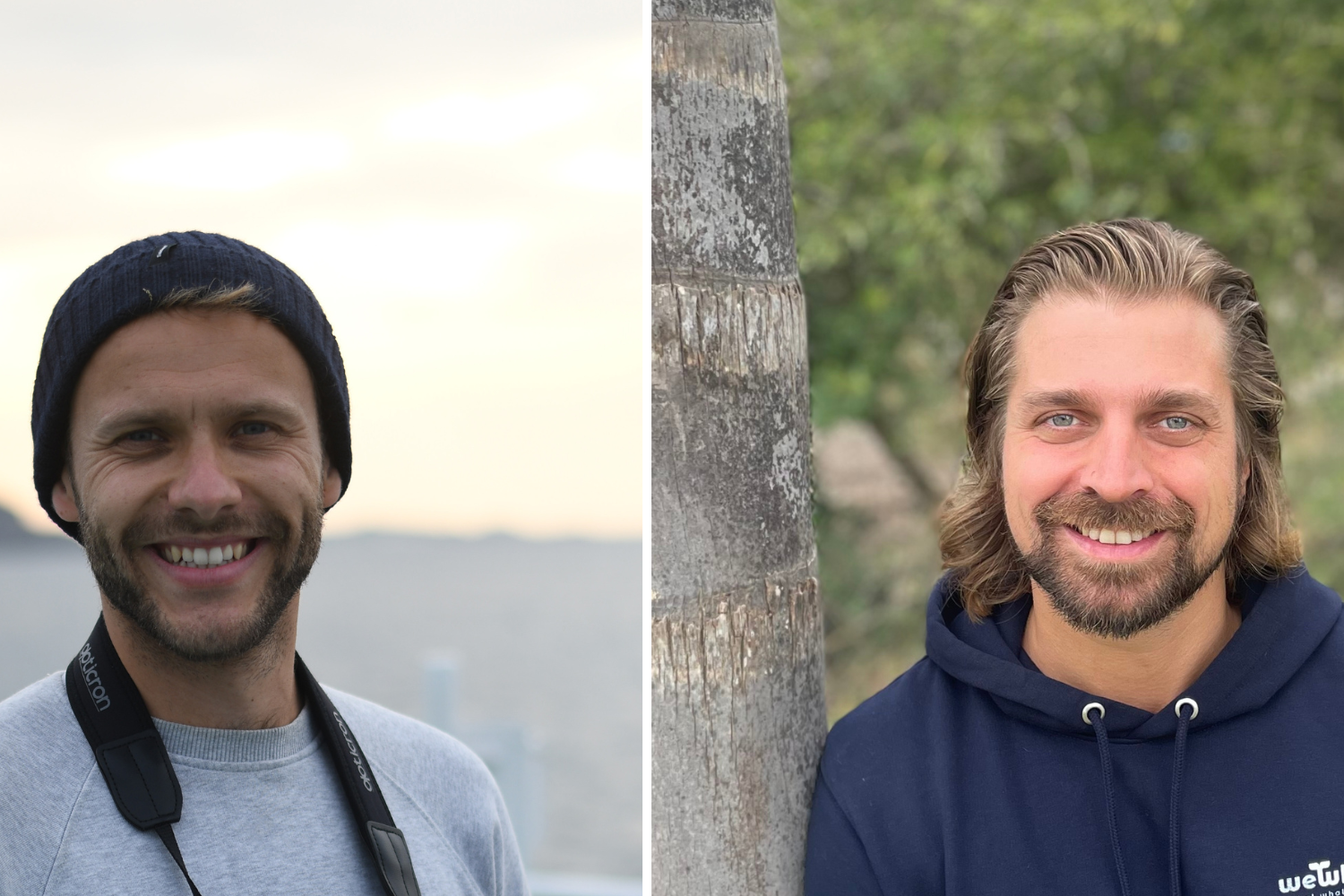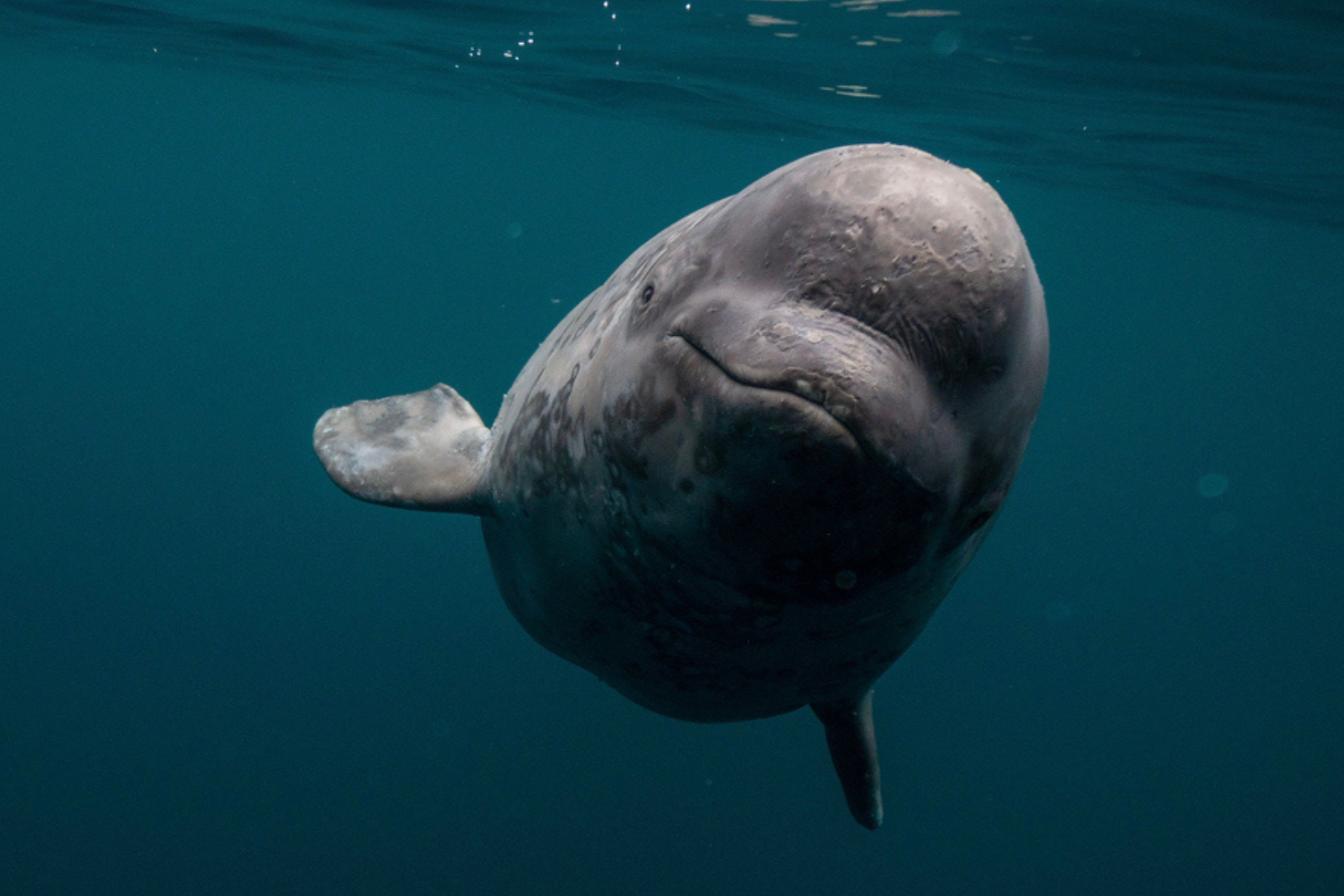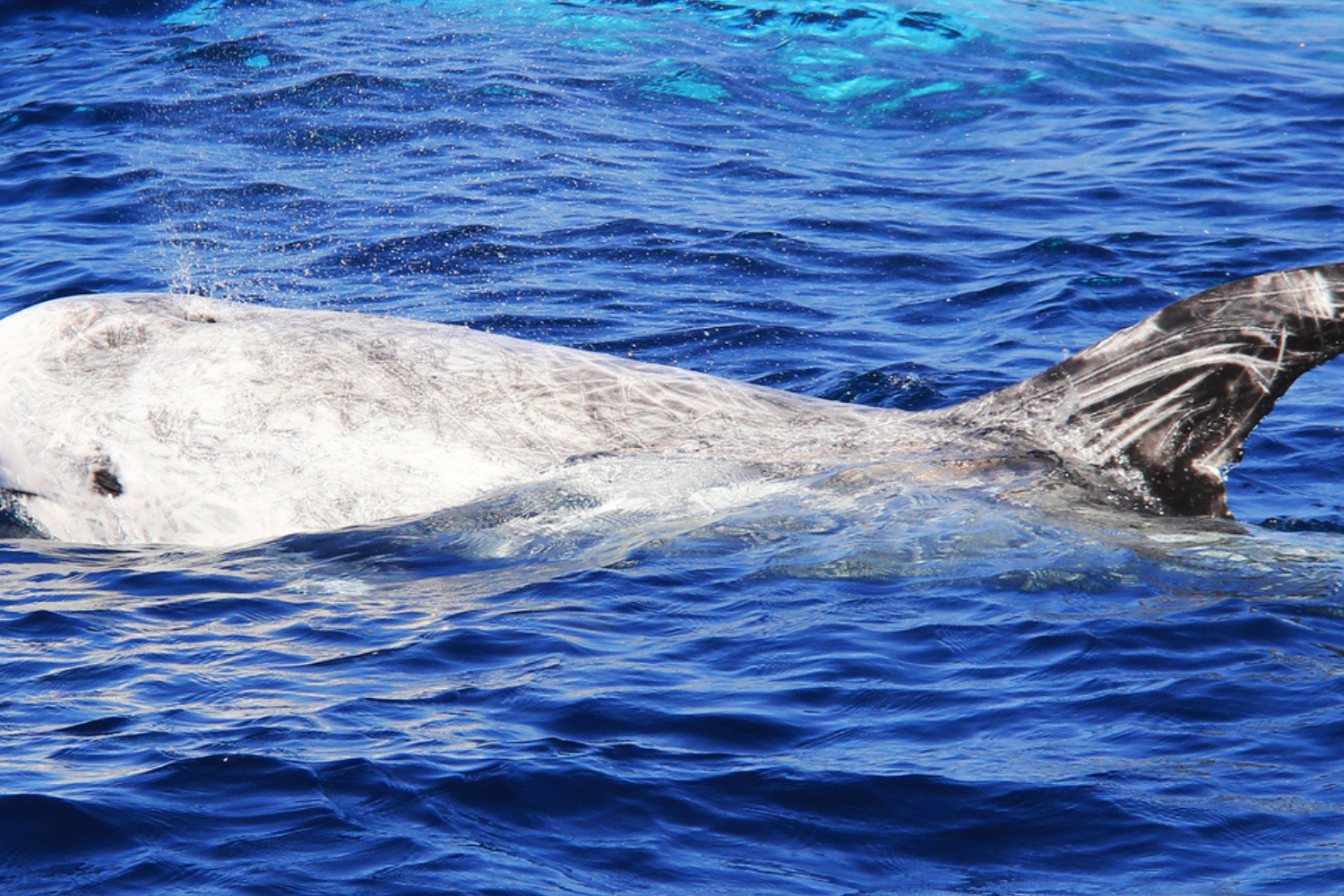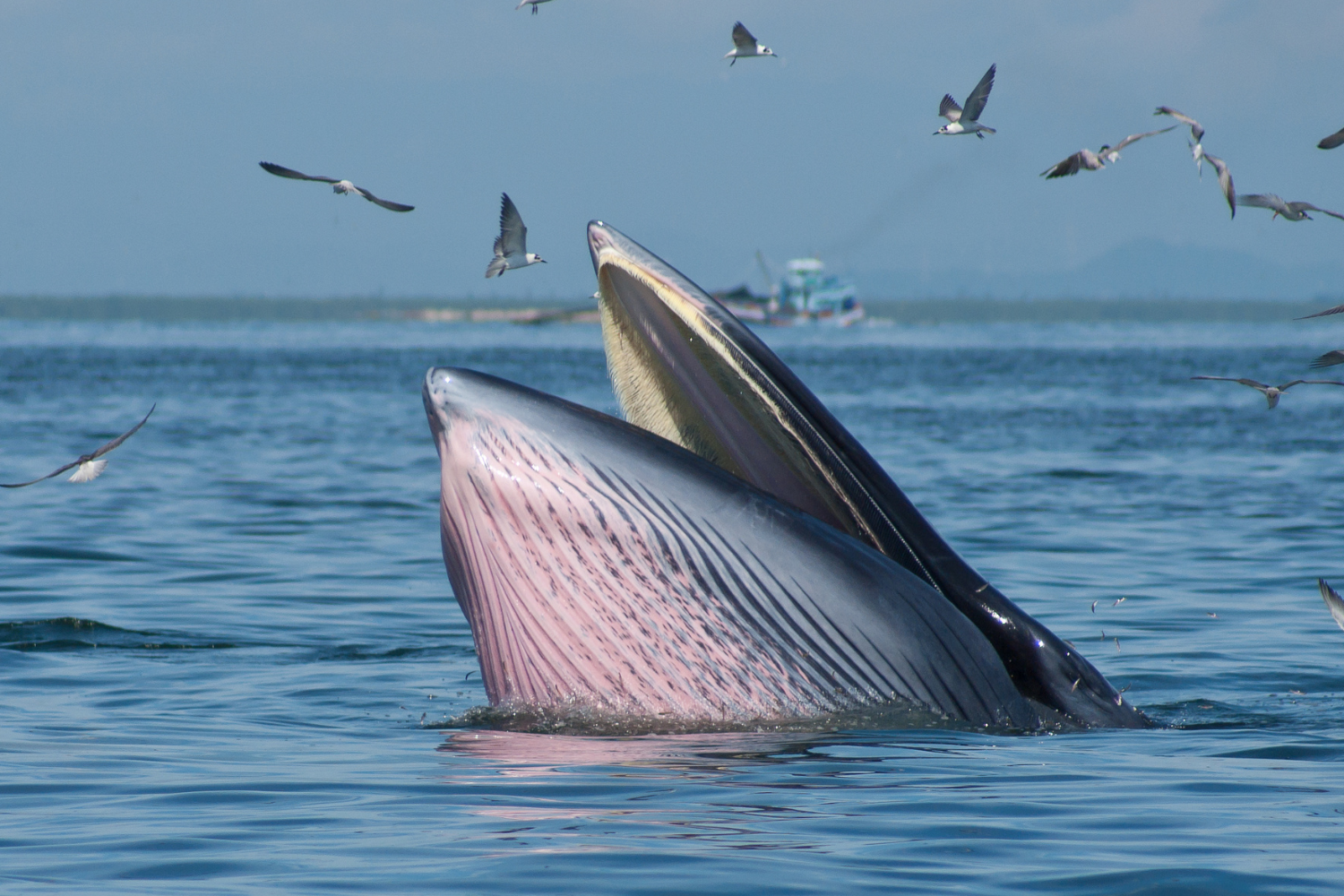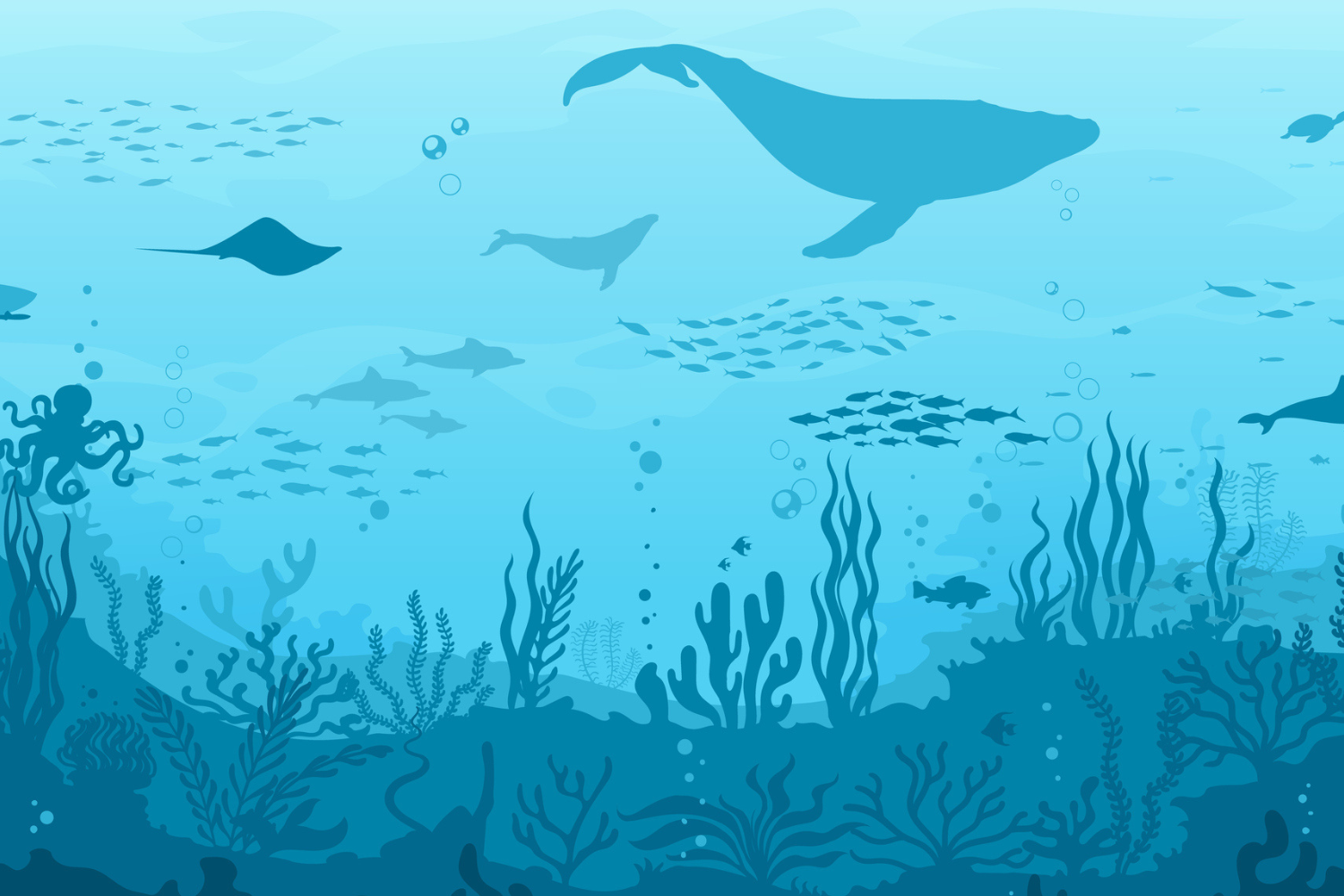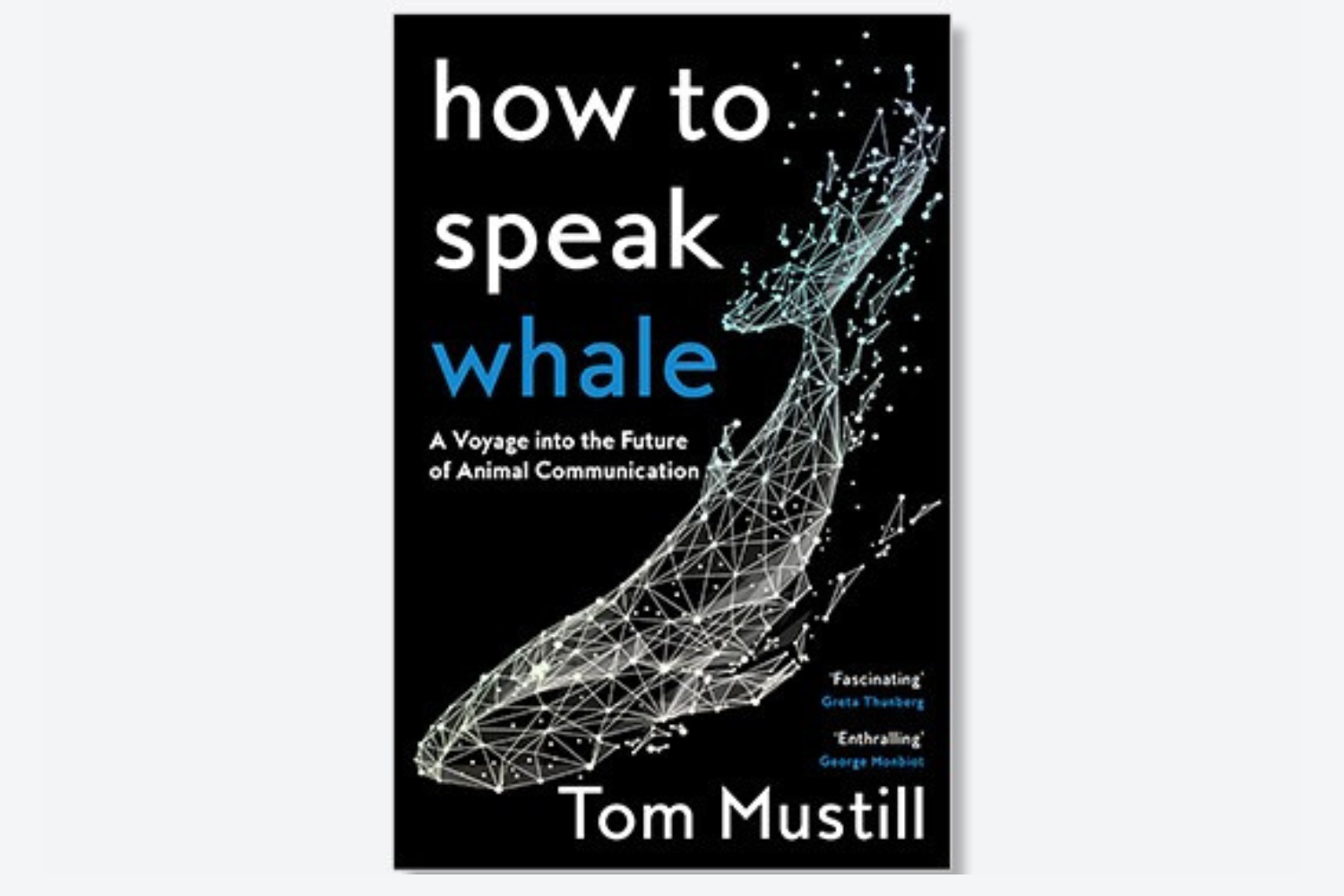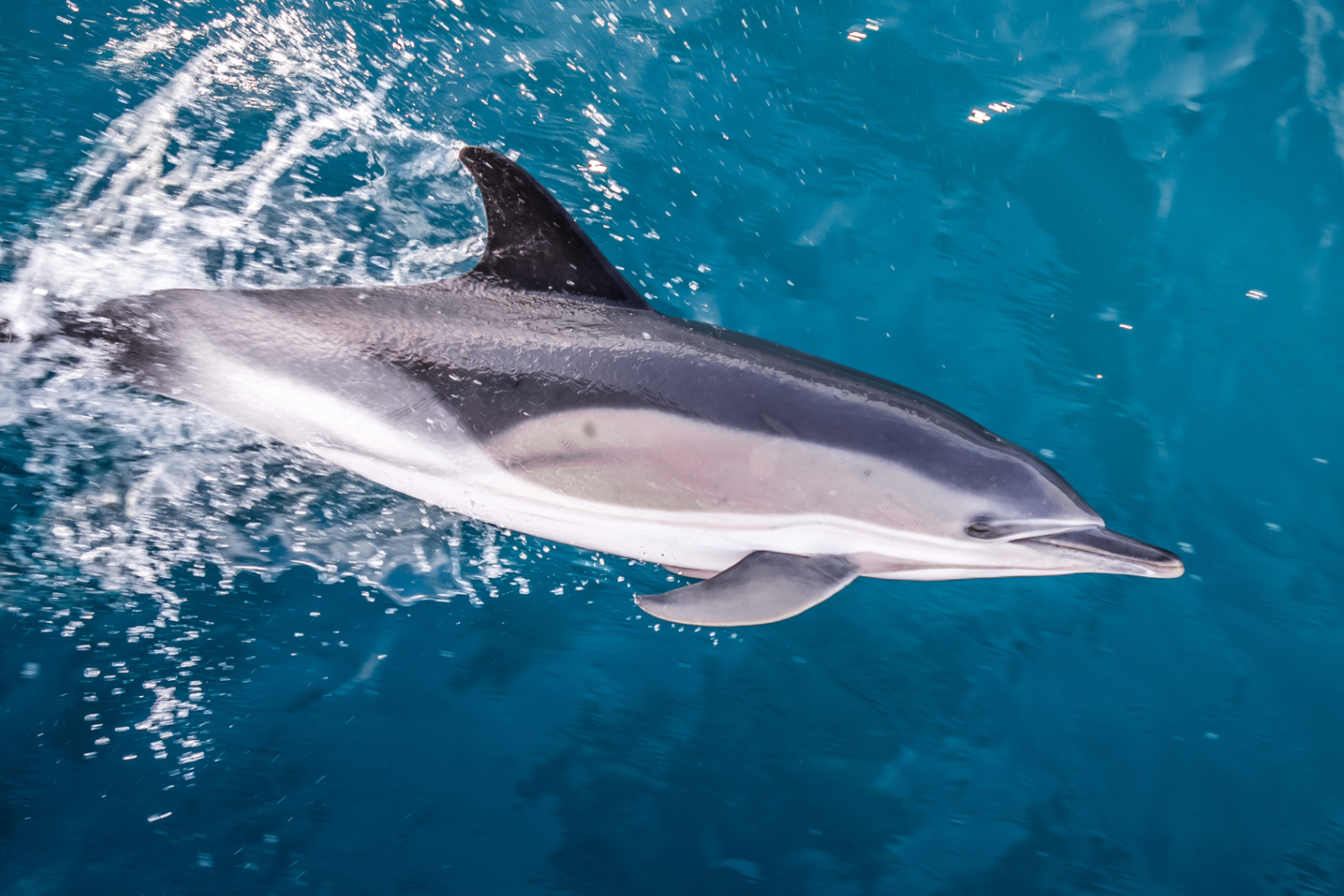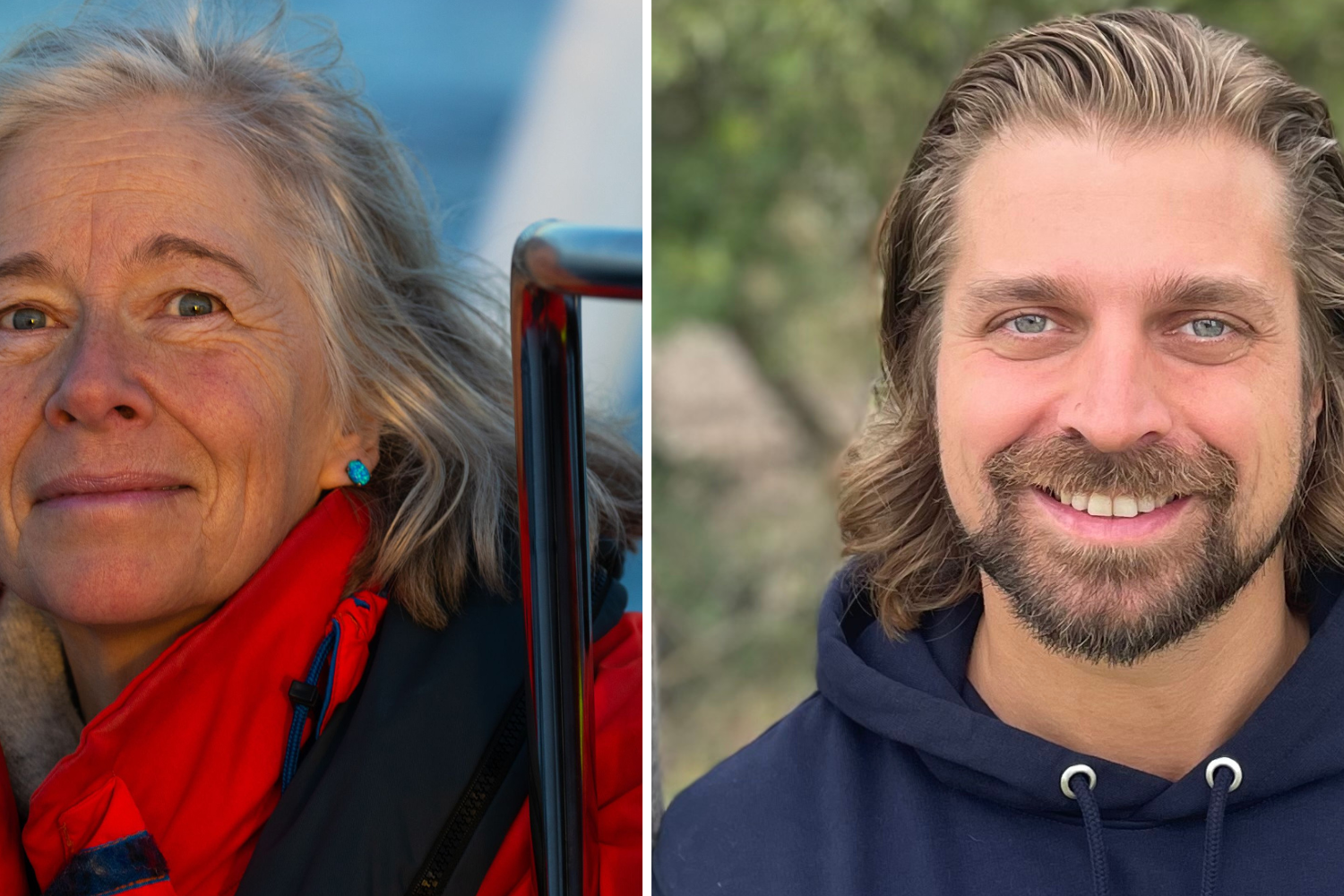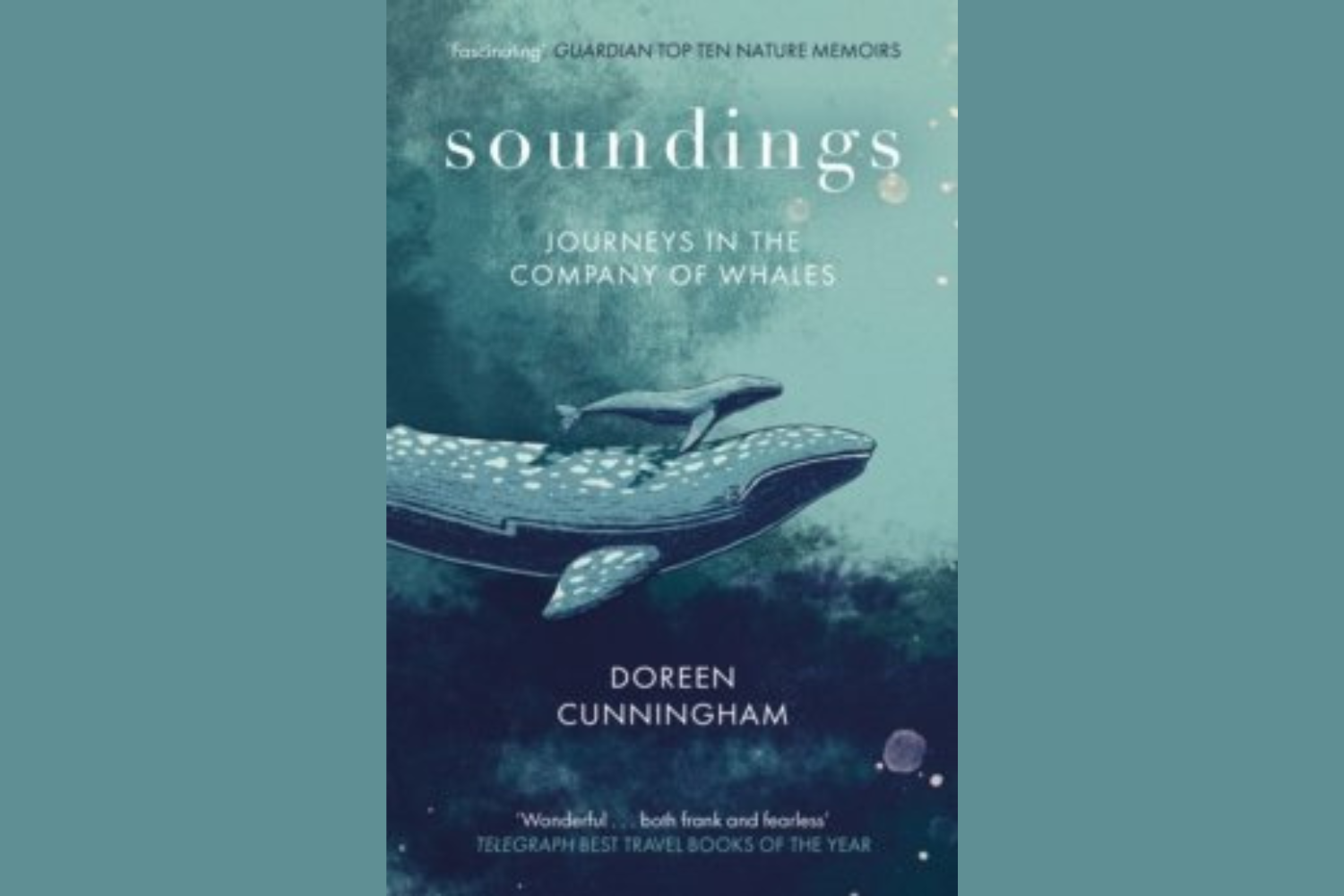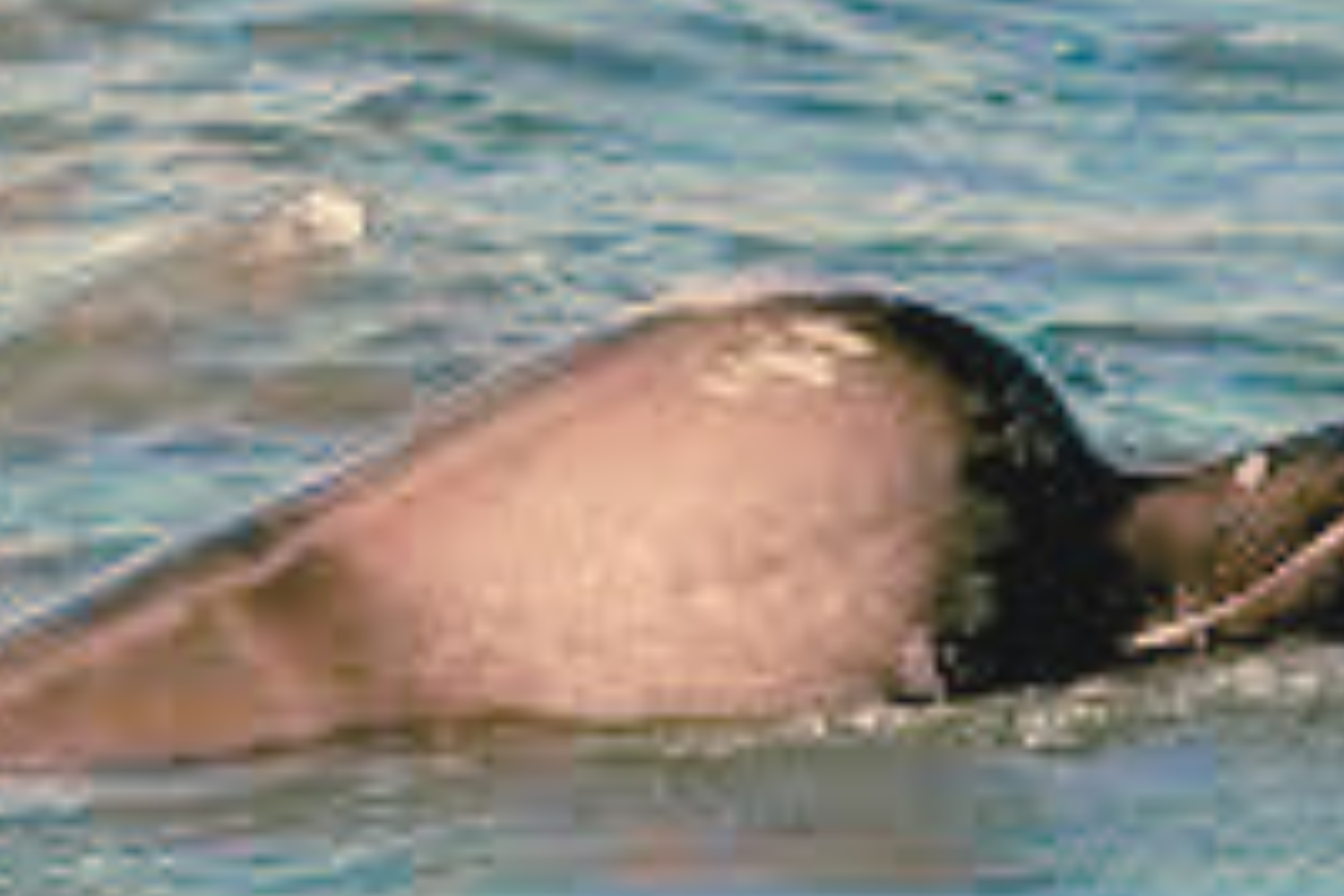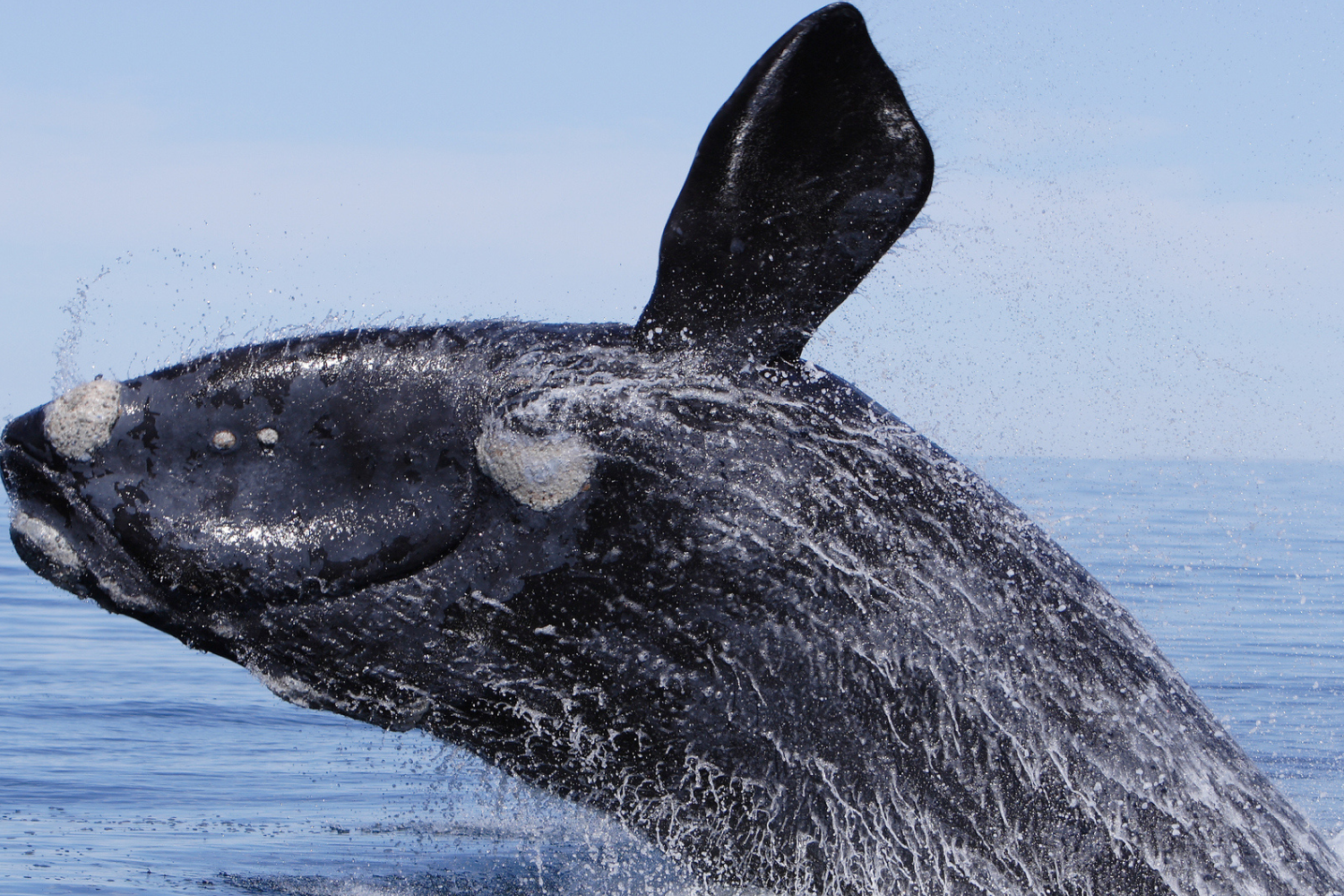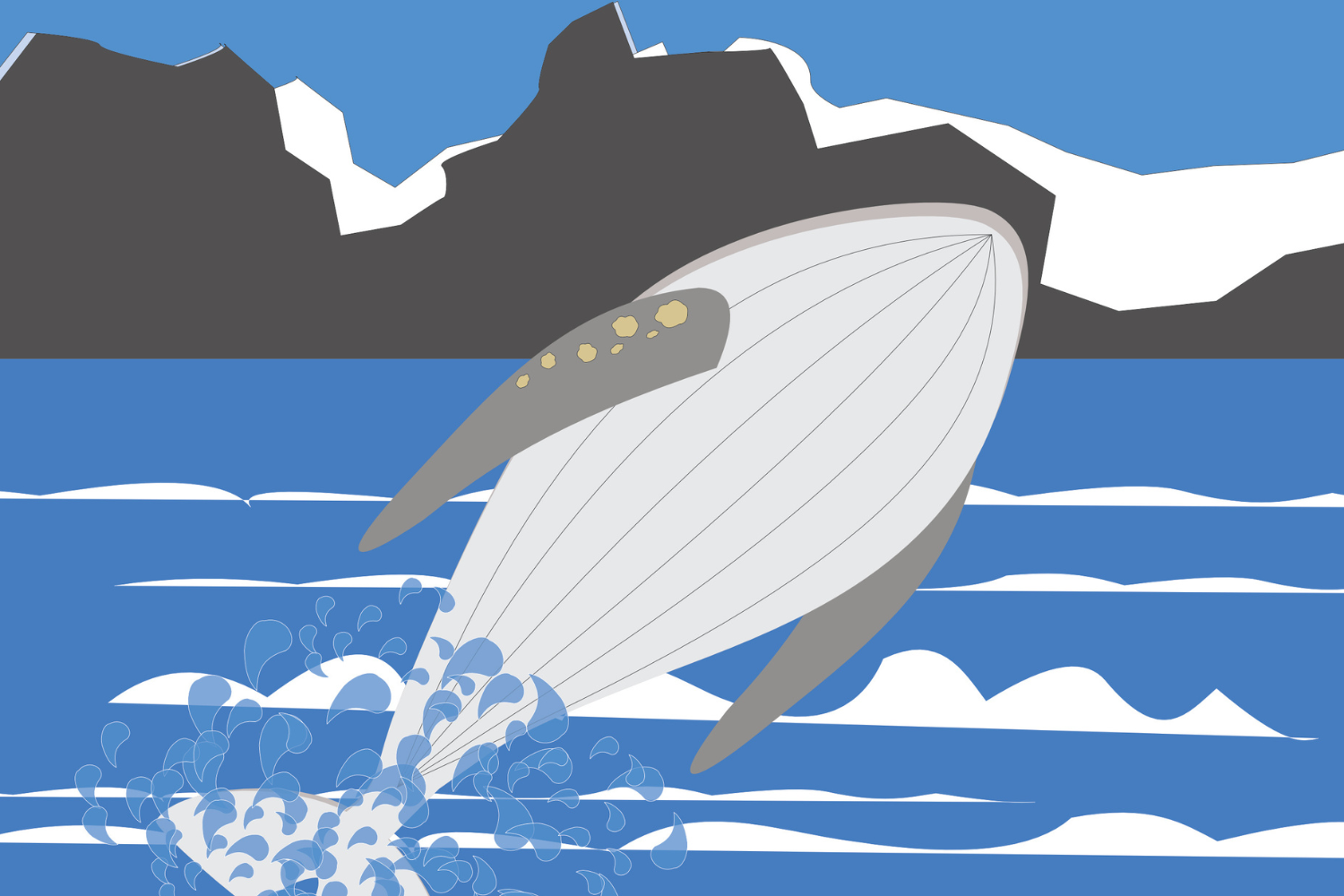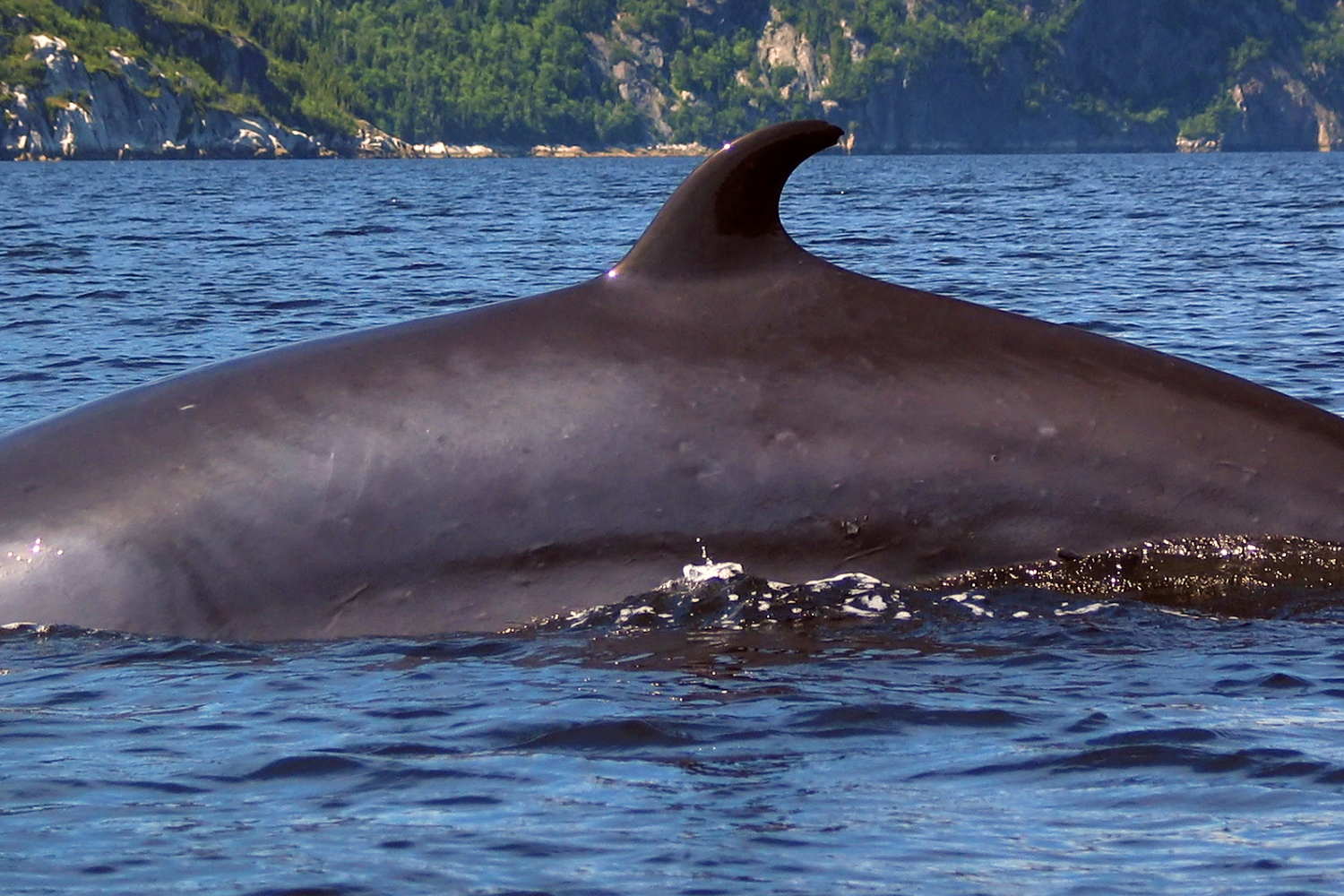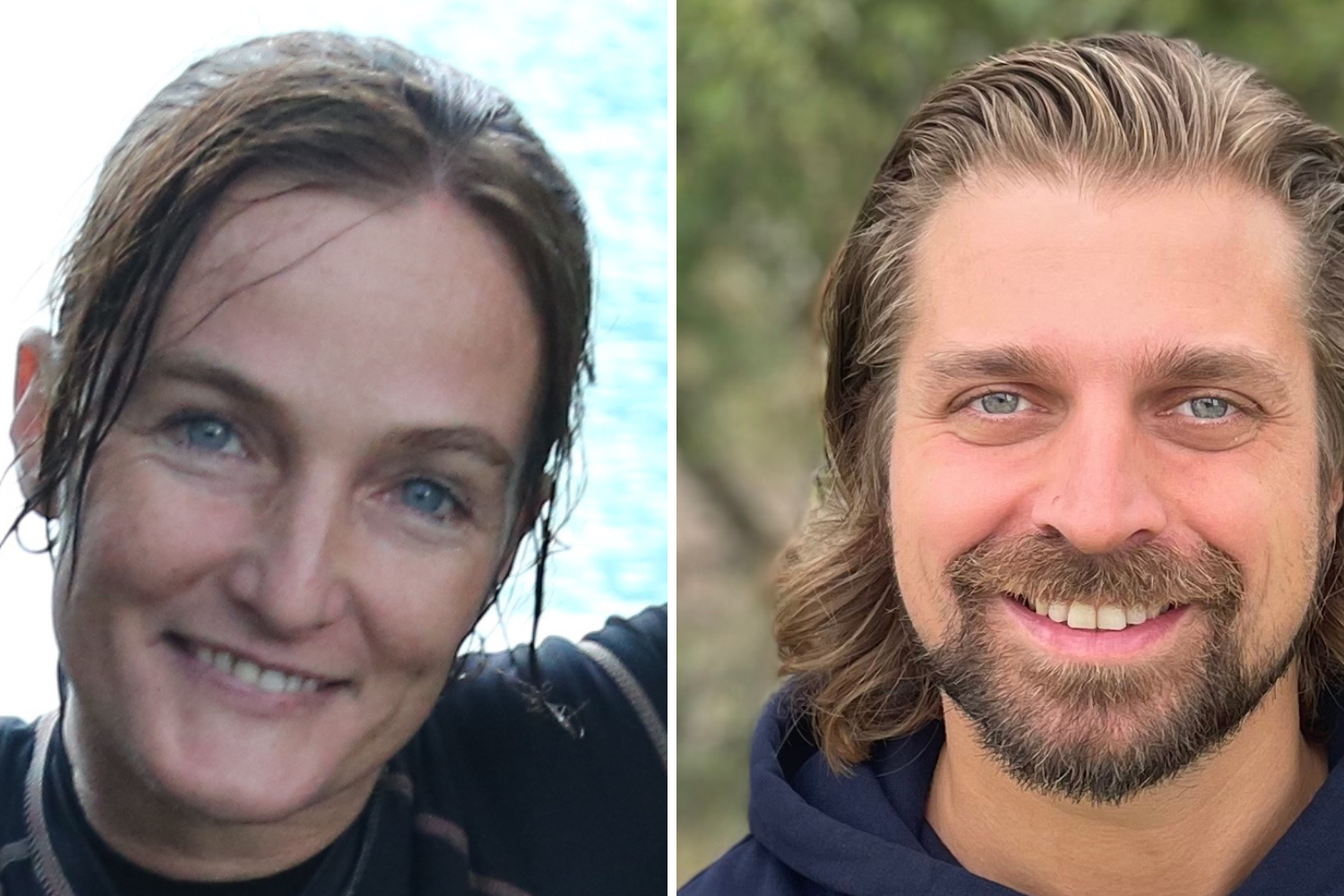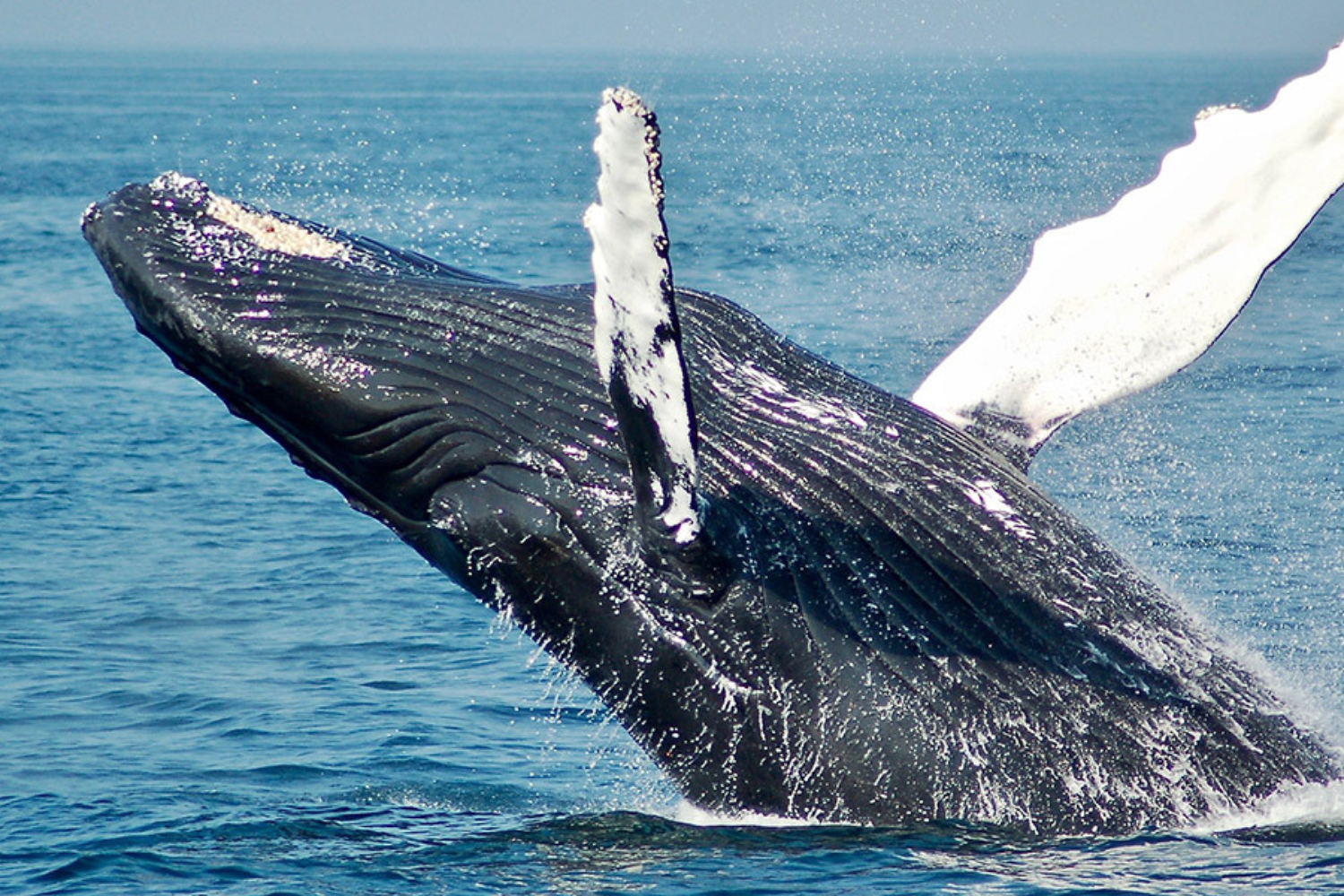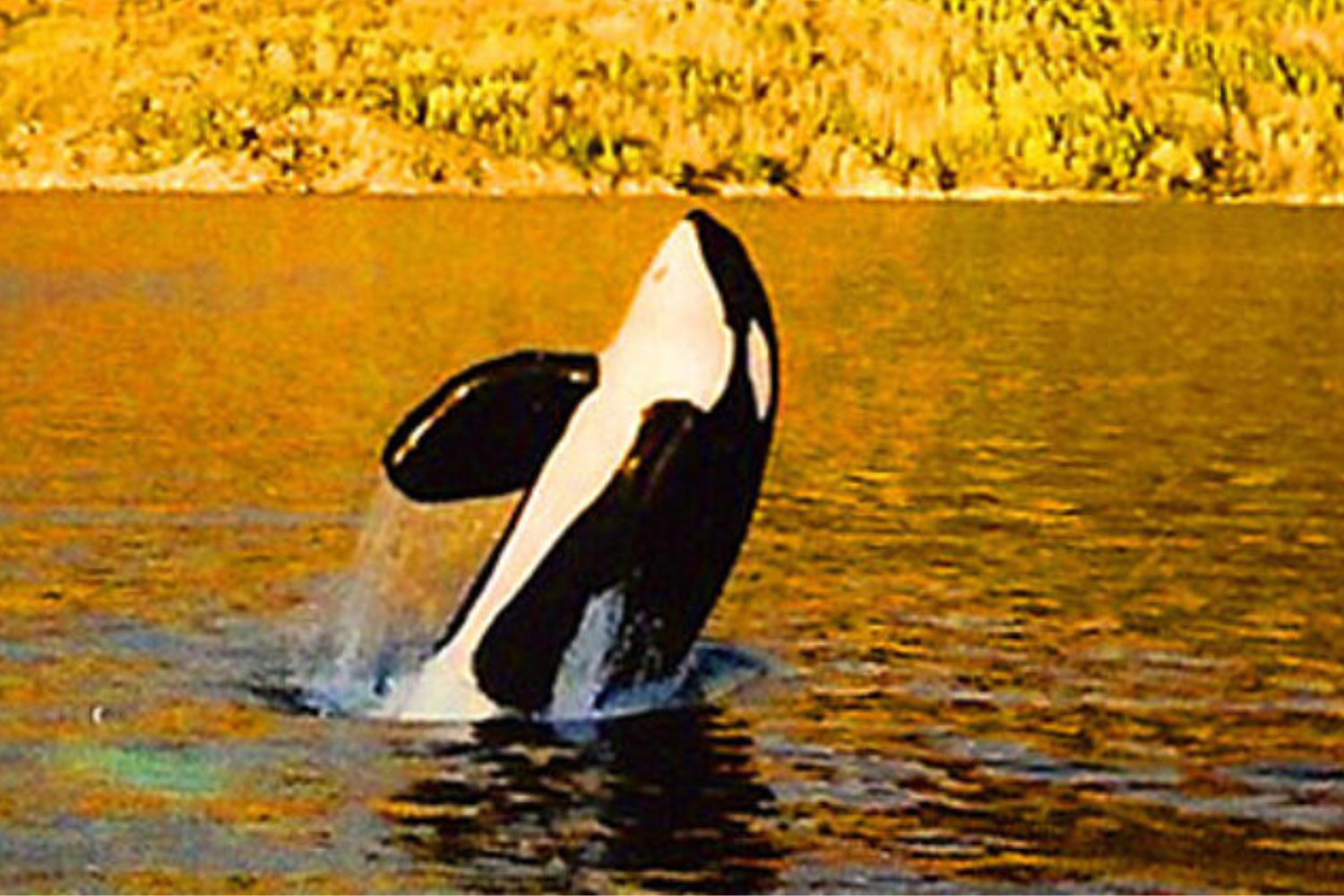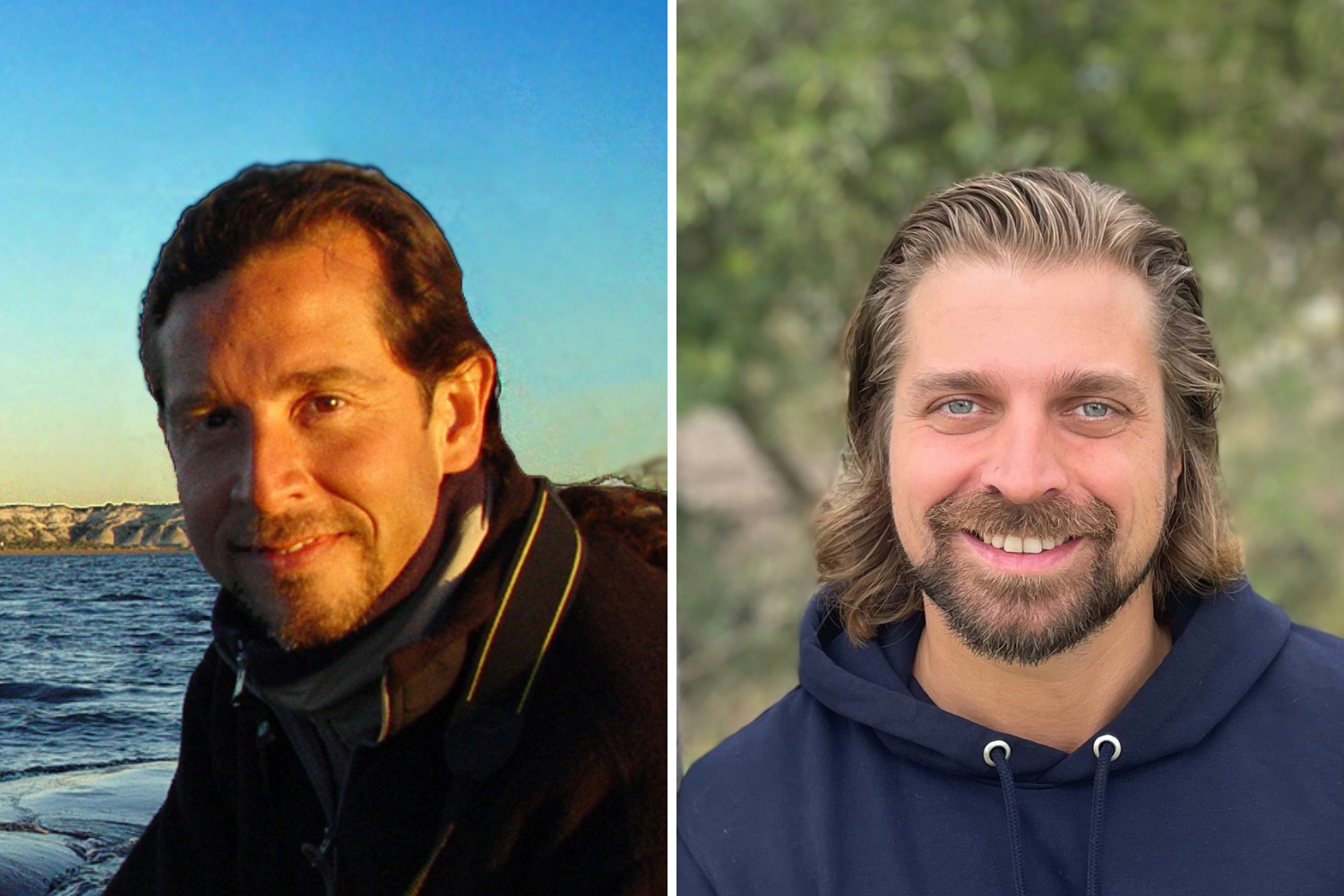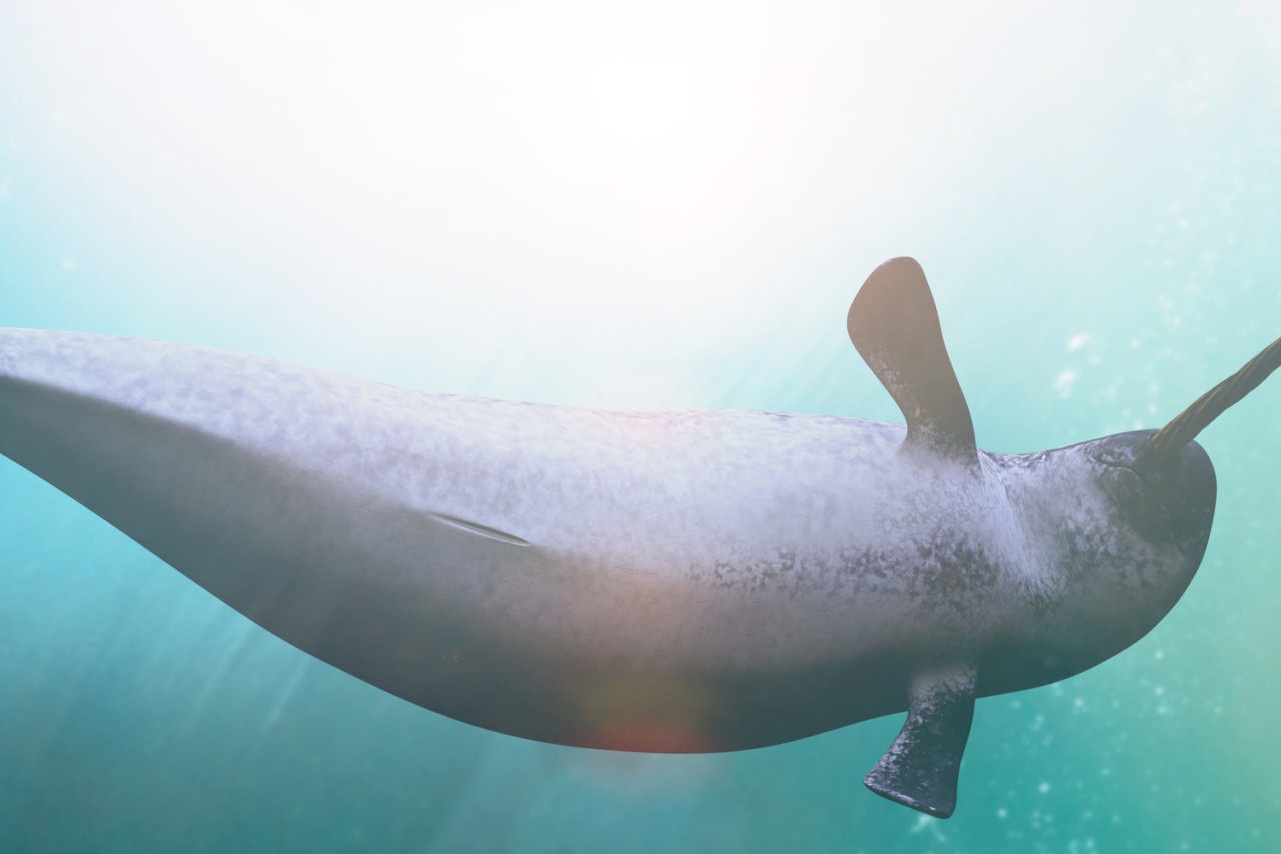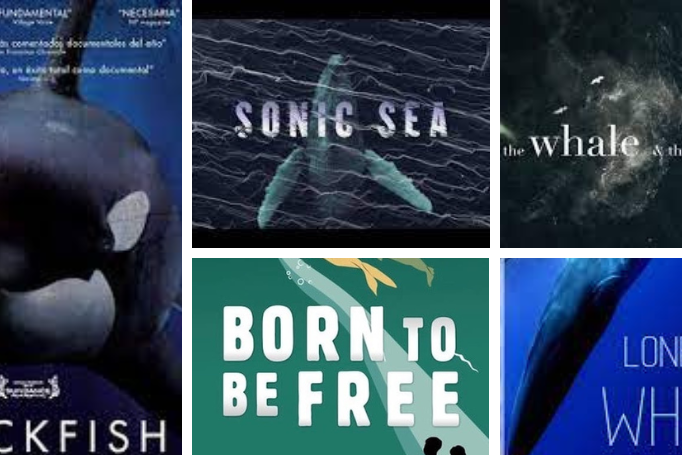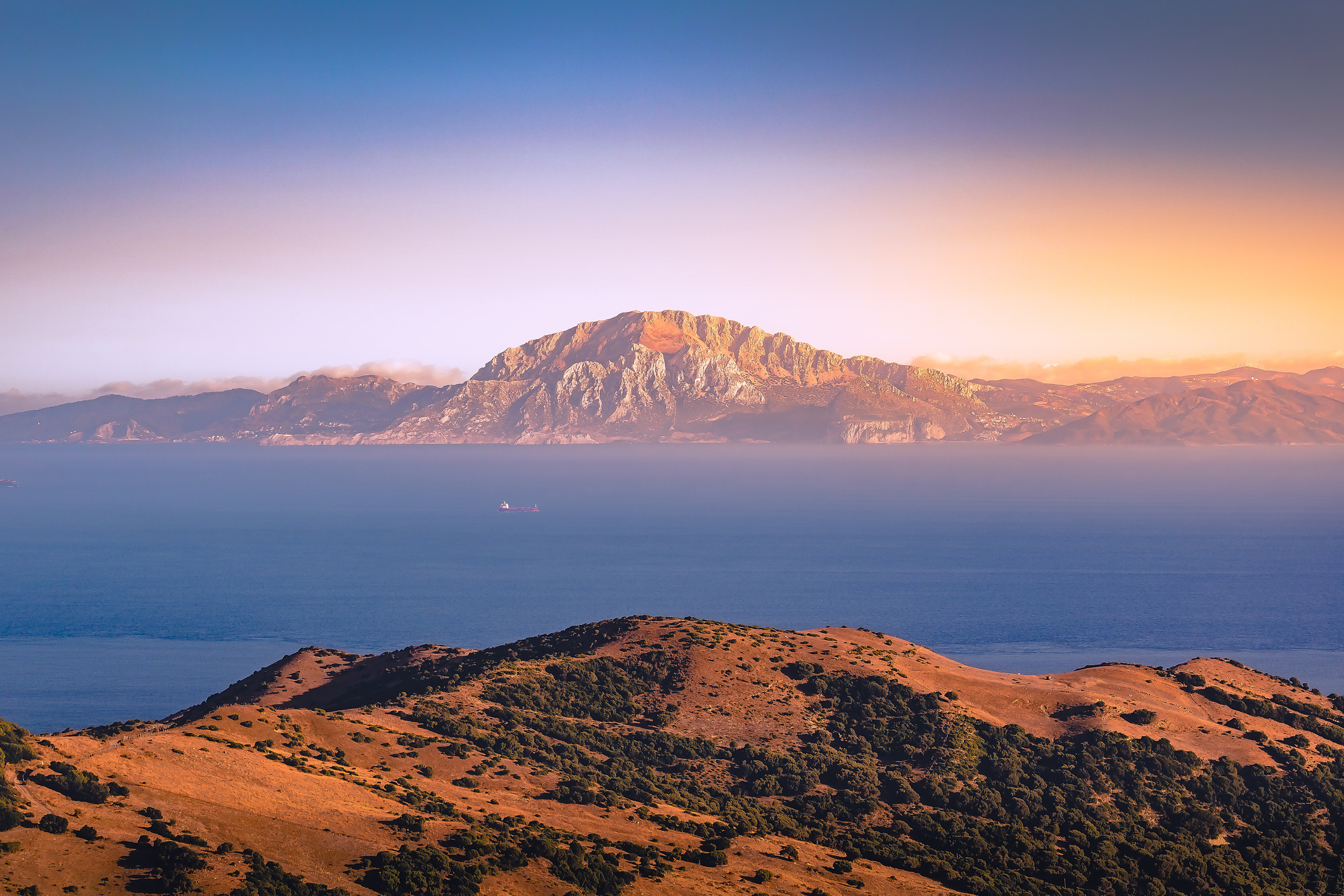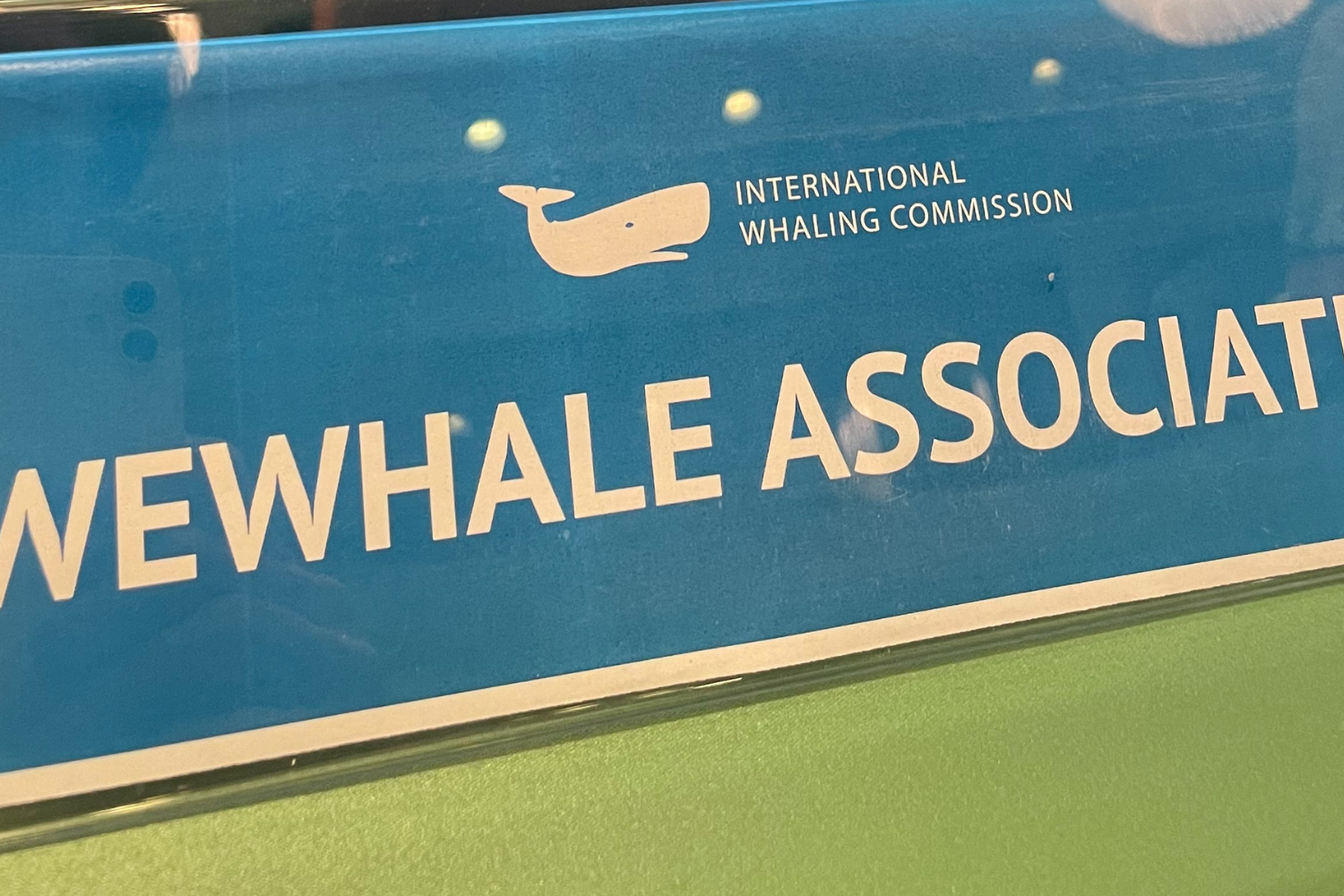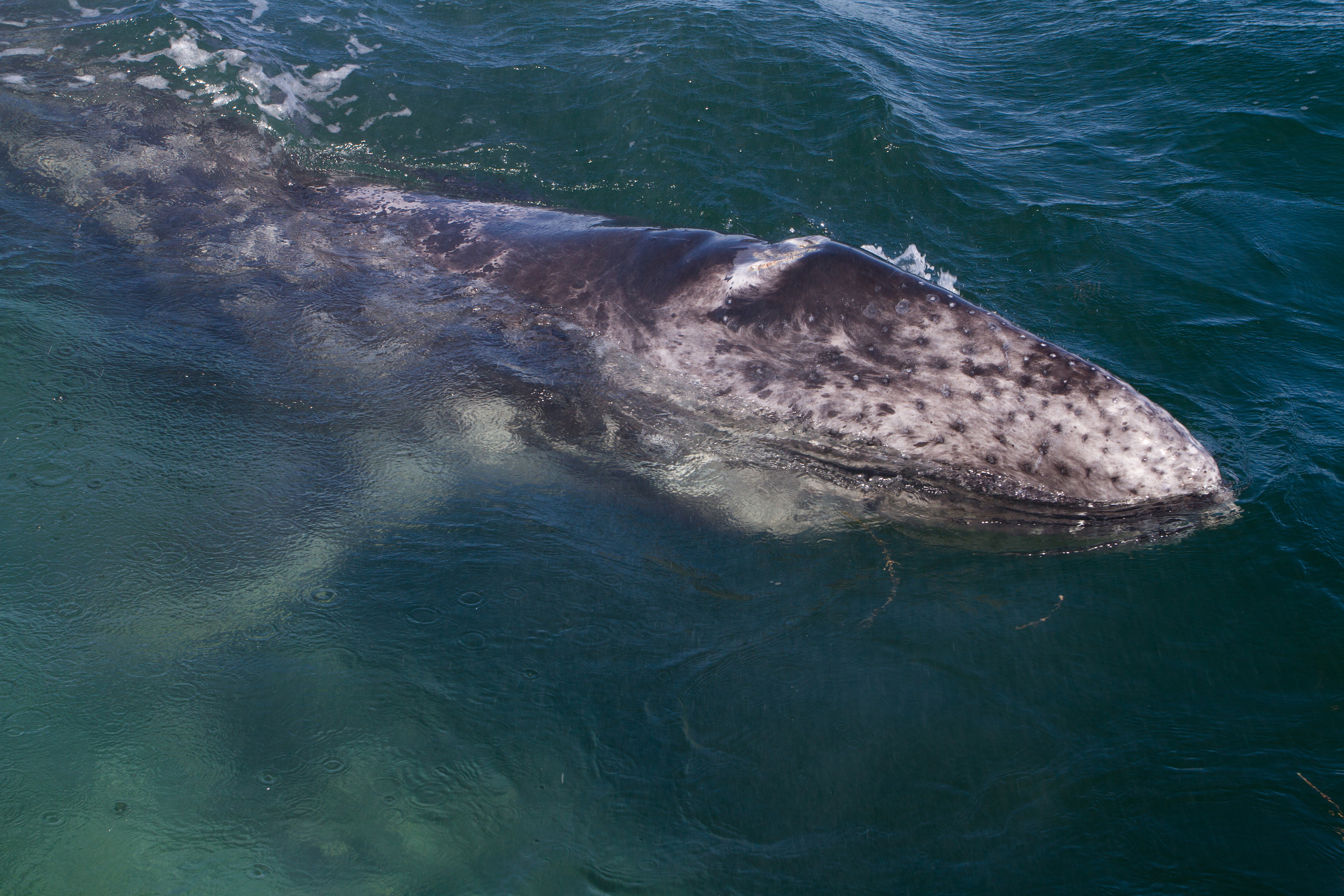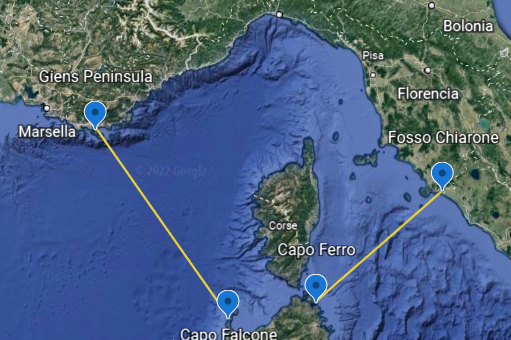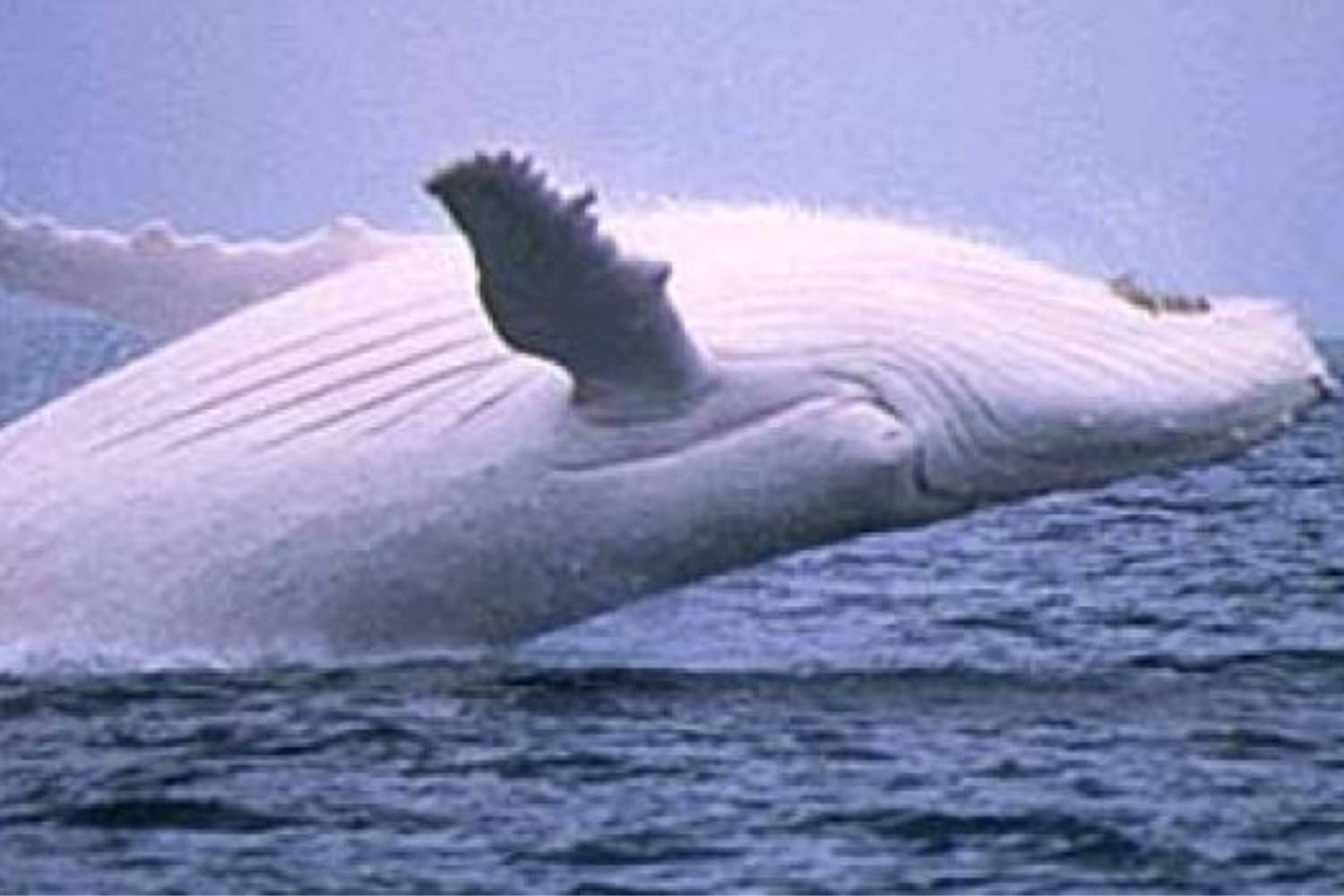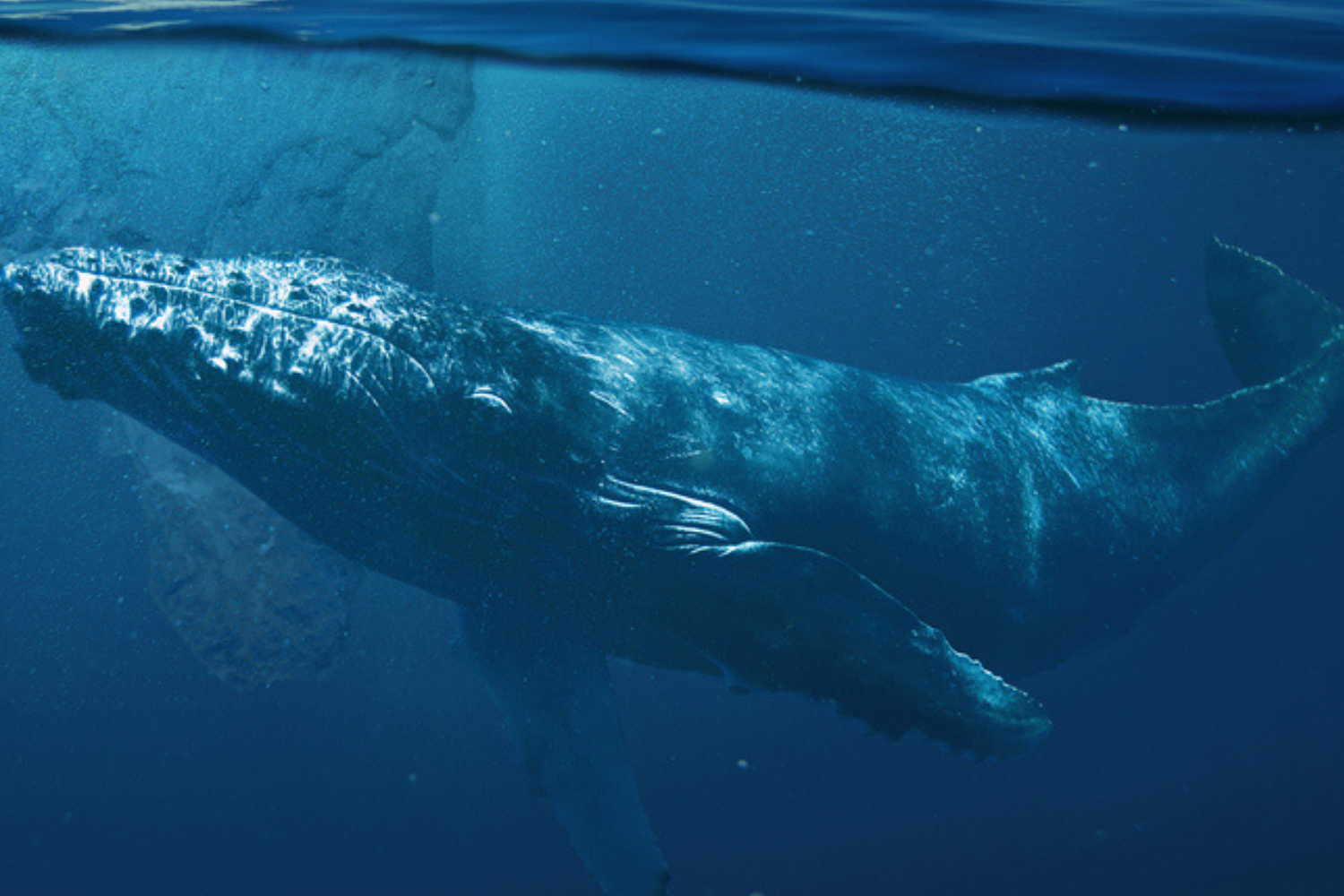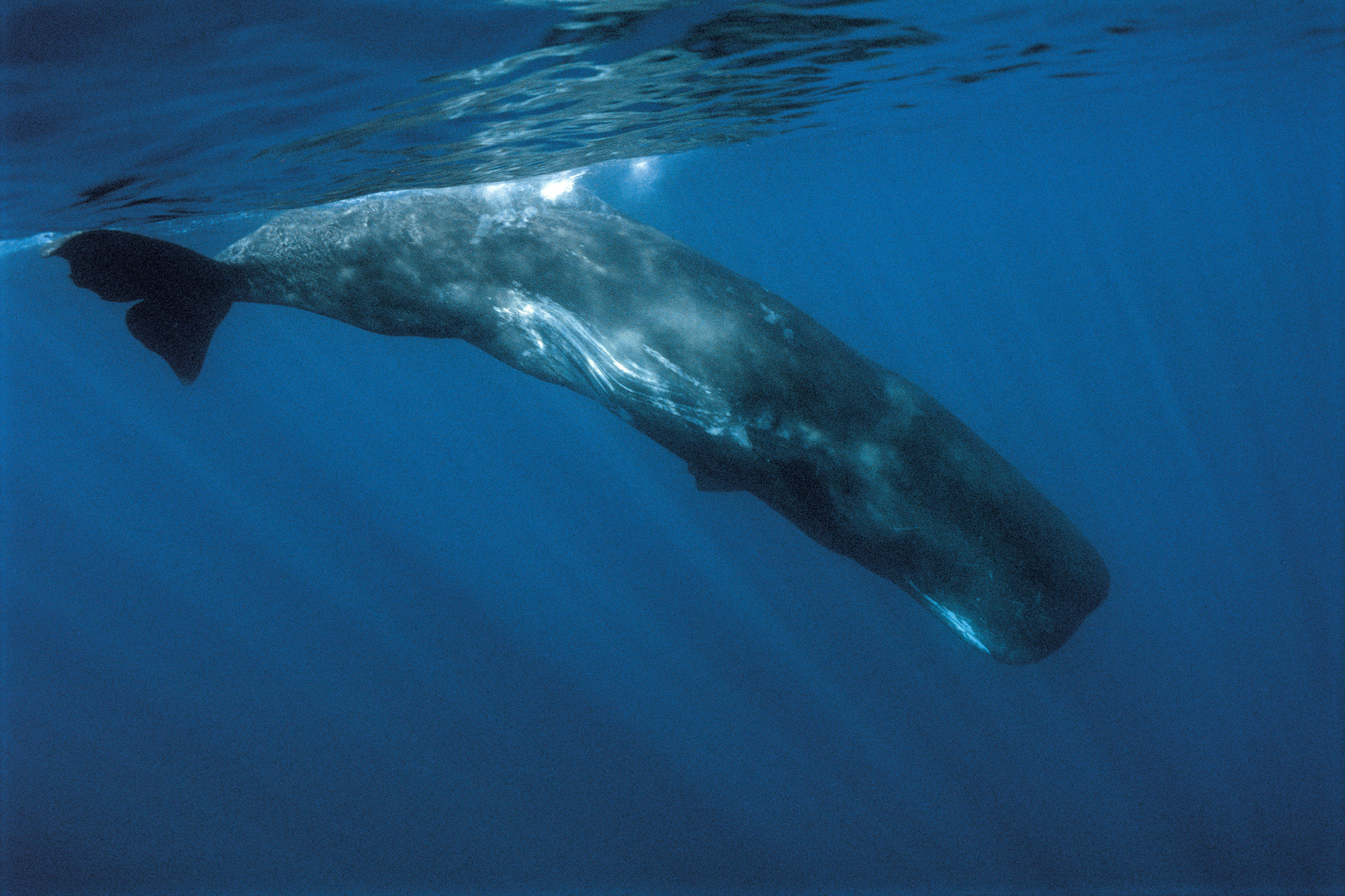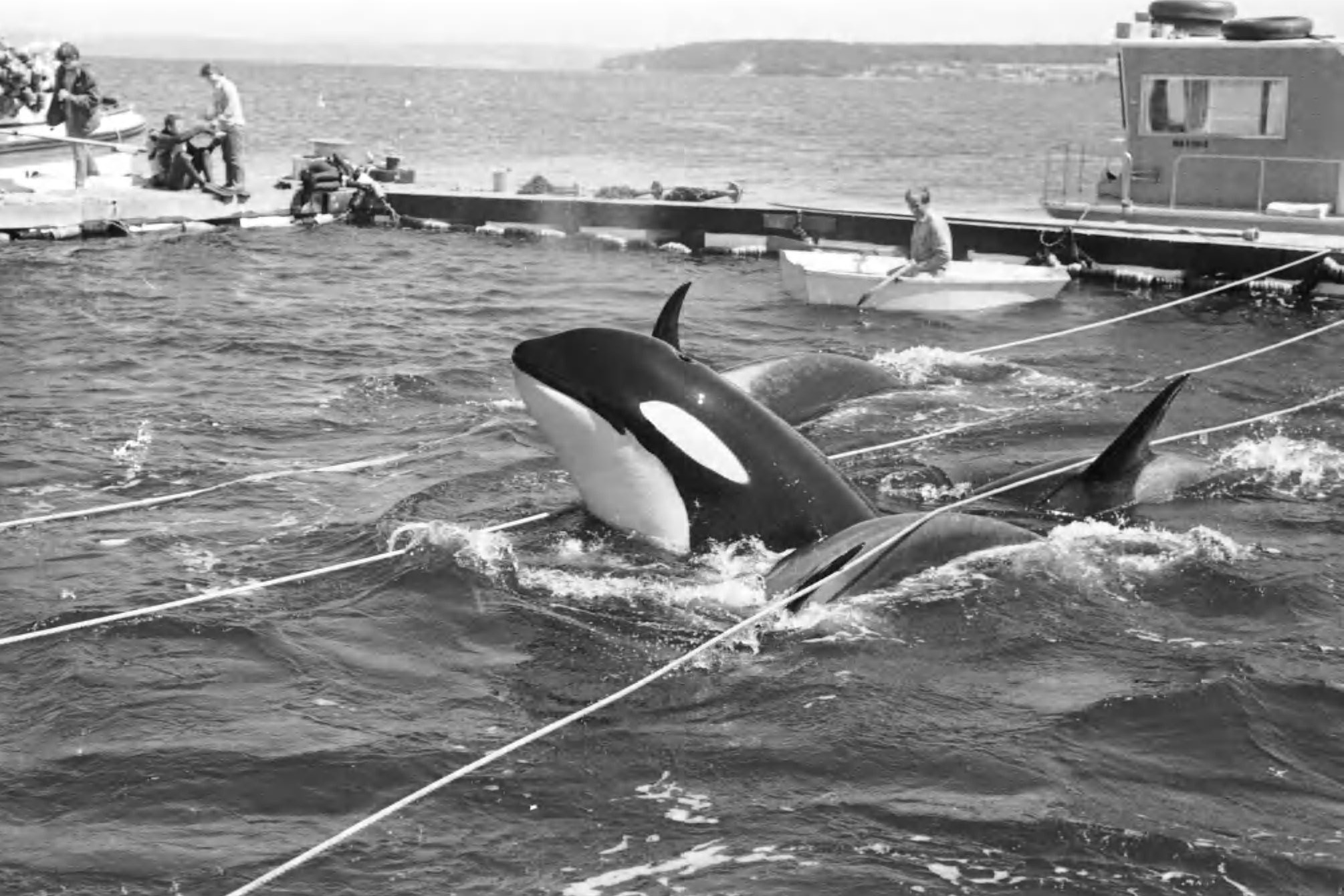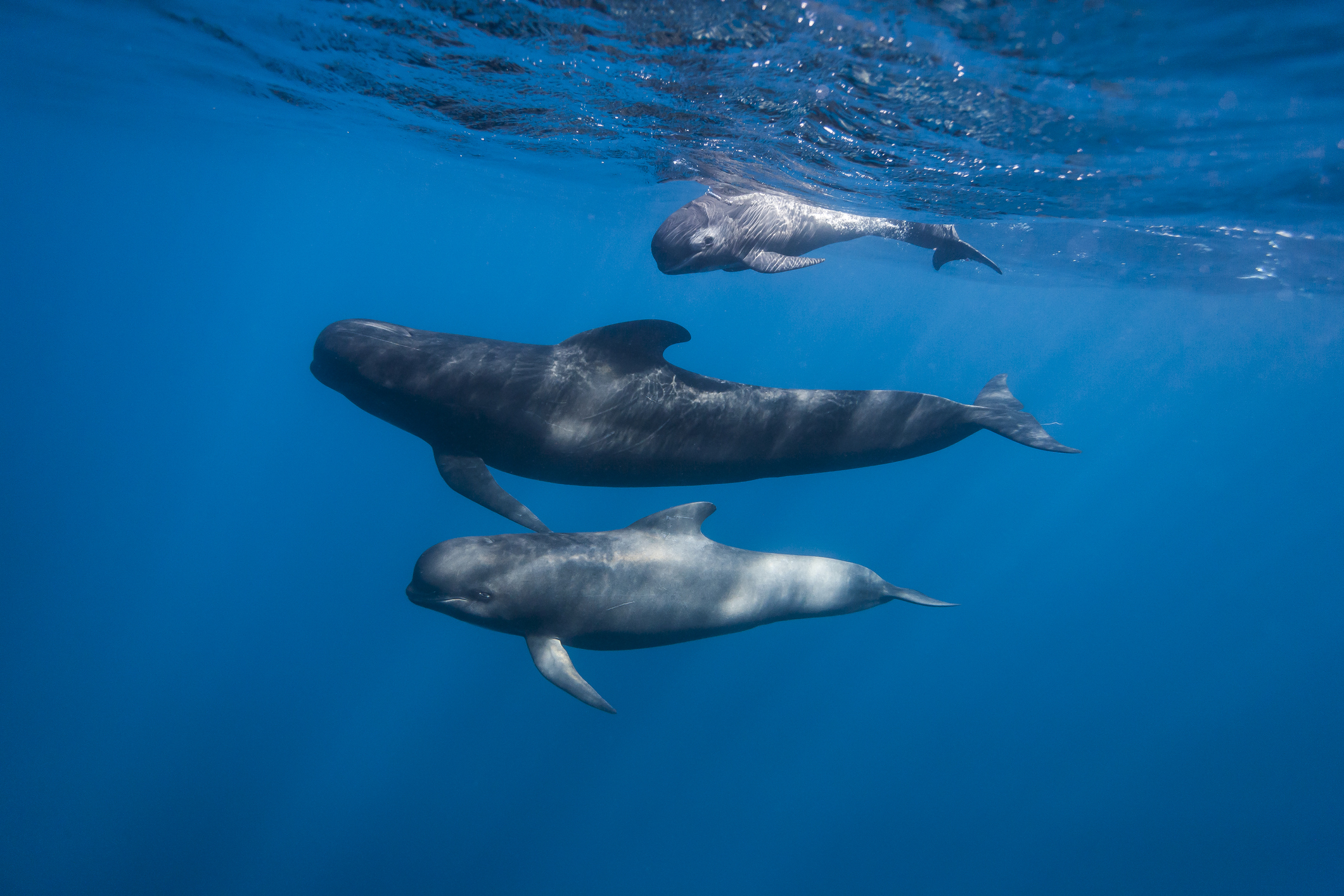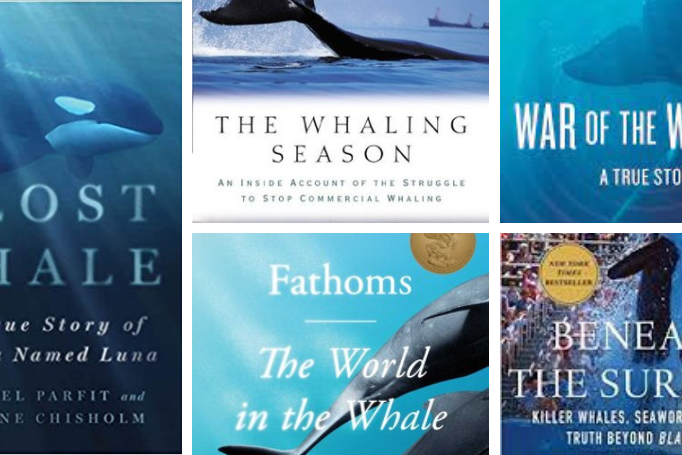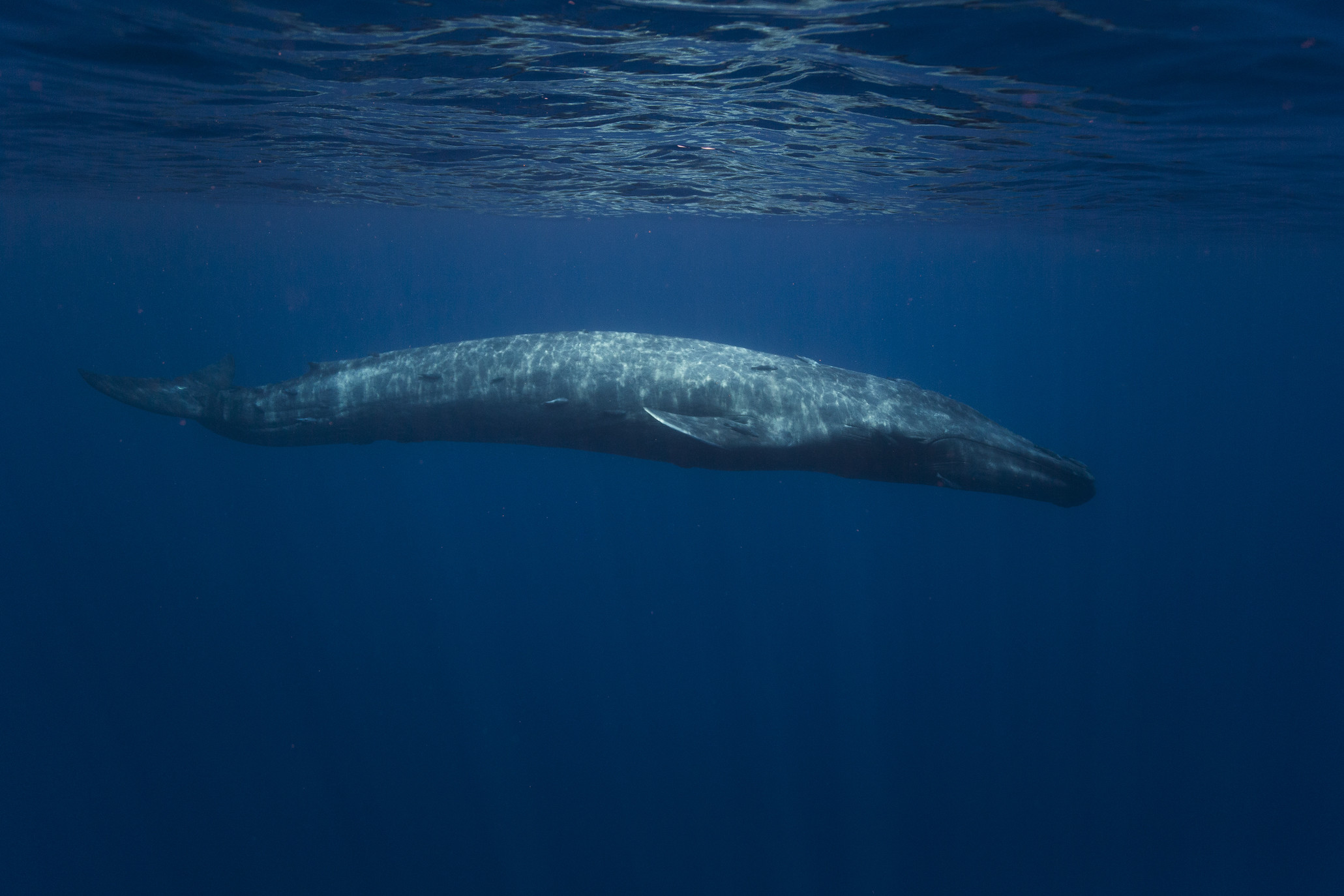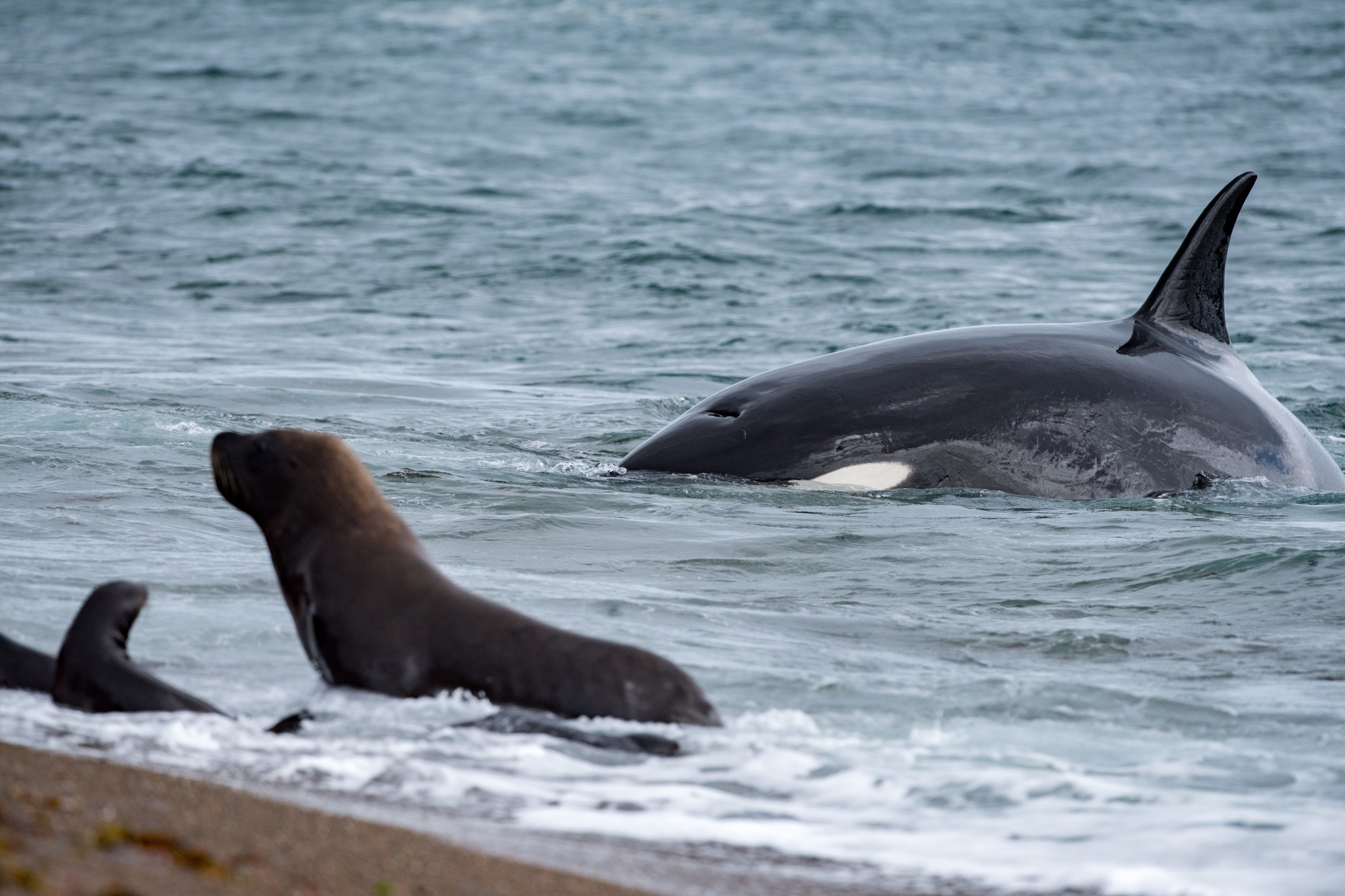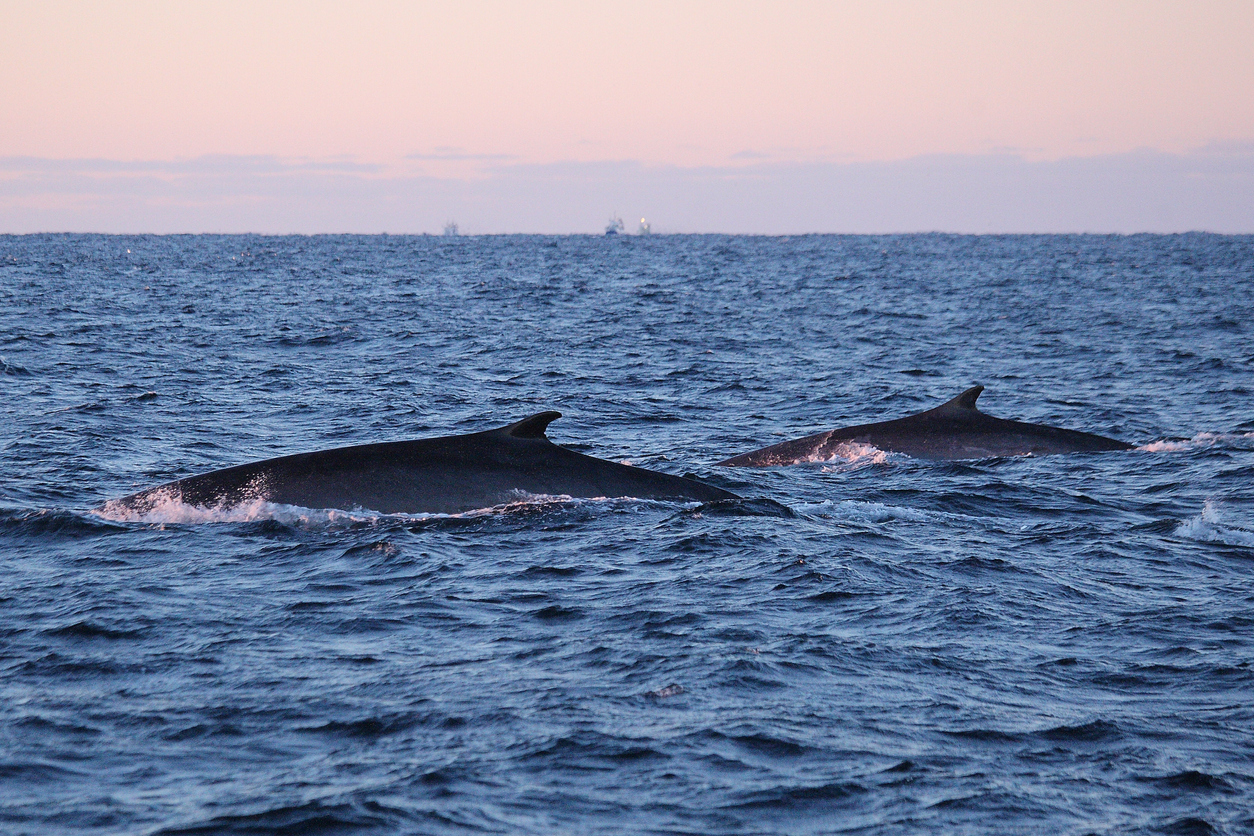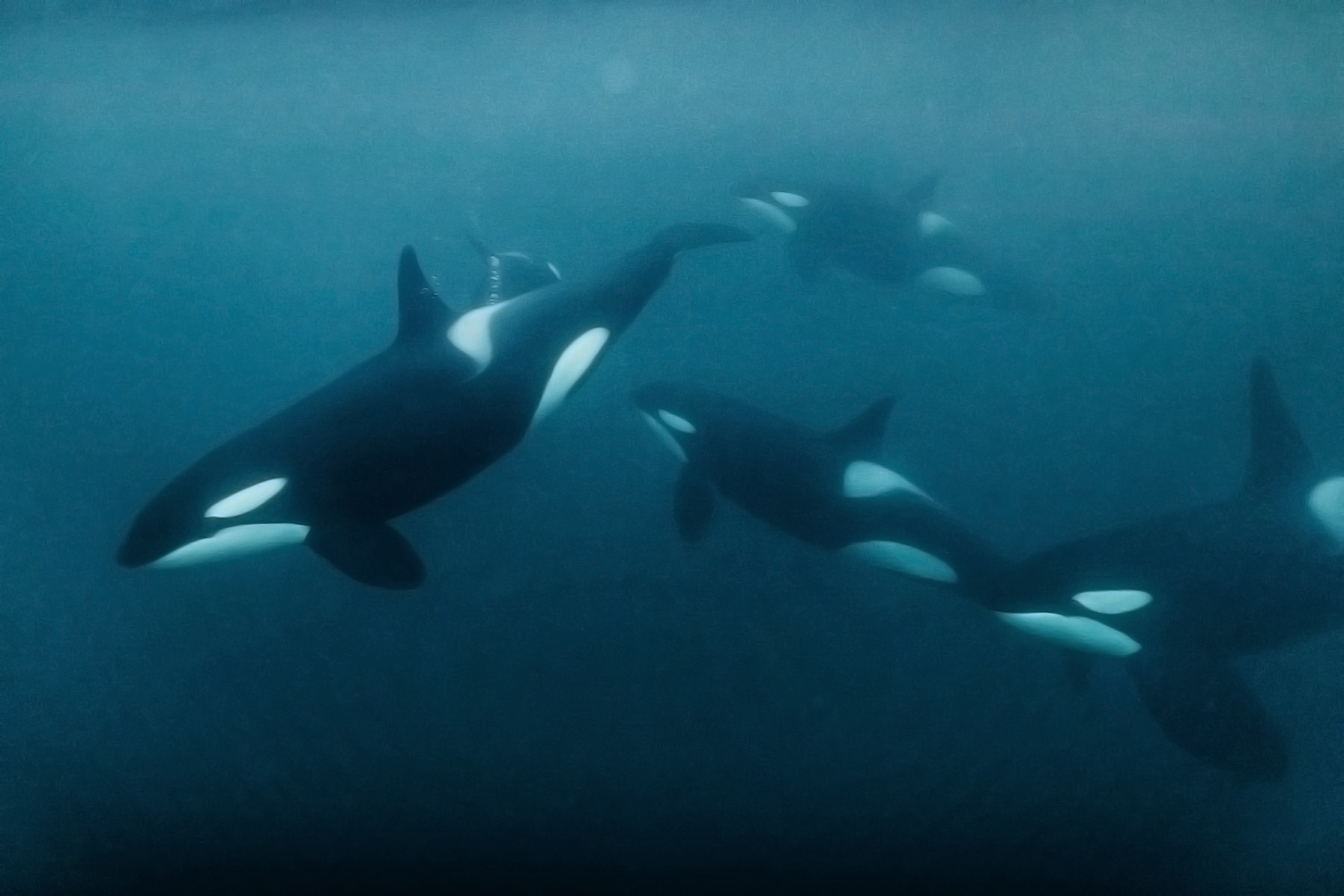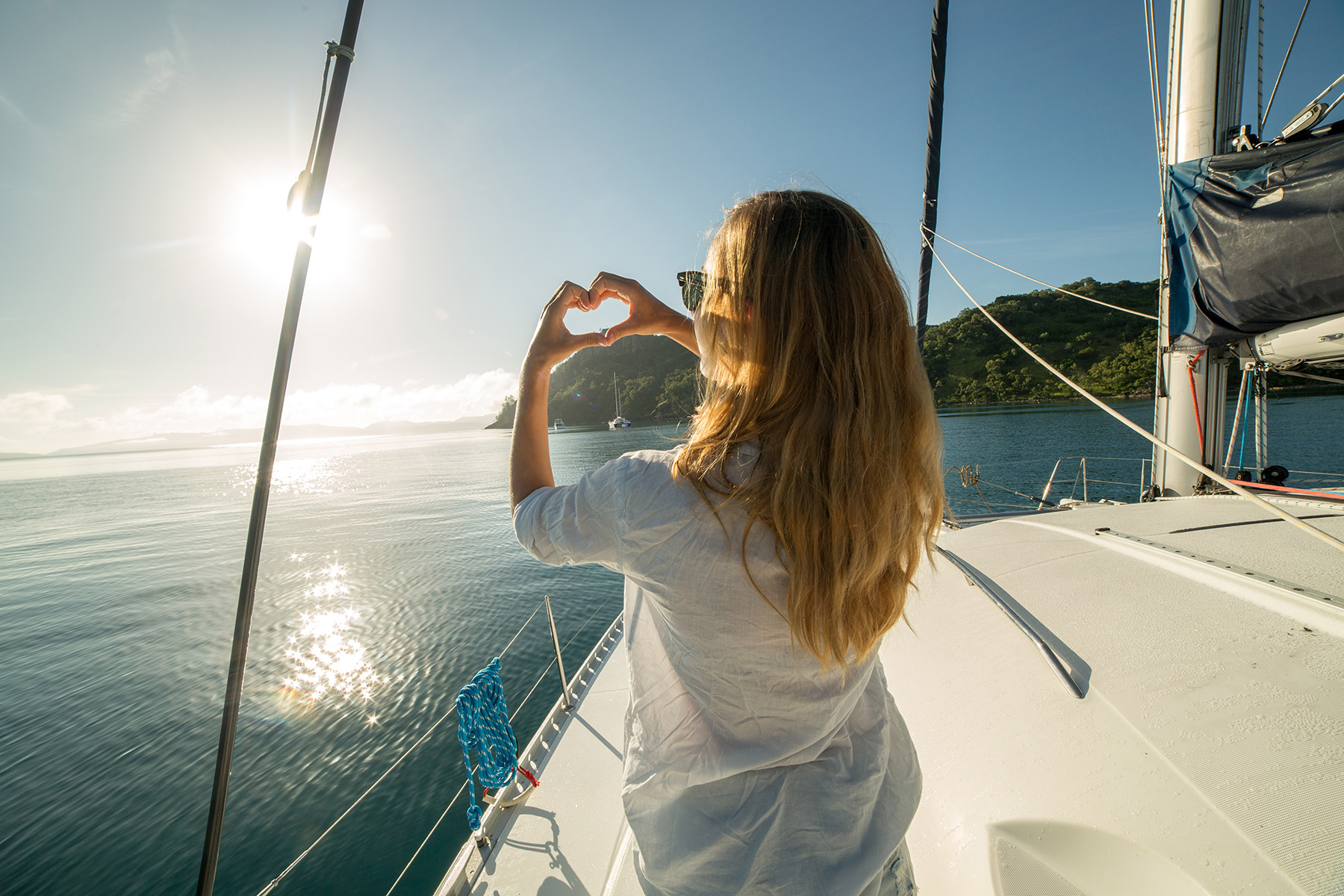Wiki-Whale
Immerse yourself in our Wiki-Whale posts – all about the amazing whales and dolphins that live in our ocean!
The WeWhale Guide to Whale Watching Destinations Around the World
We’ve put together 12 top whale watching destinations around the world. Learn about the species you can see and the best time of year to go.
The WeWhale Pod Episode 19 – Joe Roman, Conservation Biologist and Book Author
Our guest in this WeWhale Pod episode is Joe Roman, conservation biologist and book author.
Deep dive…into Atlantic white-sided dolphins
A highly sociable species, the Atlantic white-sided dolphin is often spotted in large pods containing hundreds of dolphins.
The WeWhale Pod Episode 18 – Dan Jarvis
Our guest in this WeWhale Pod episode is Dan Jarvis, Director of Welfare and Conservation with British Divers Marine Life Rescue (BDMLR).
Is there more than one species of orca on the Pacific coast?
Recent research has shed new light on killer whales' genetic and behavioural diversity along the Pacific coast of North America.
Good News Stories about Whale Populations
In recent times, there have been good news stories about whale population increases around the world – always a good thing in our book!
Deep dive…into Harbour porpoises
Compared to other porpoises and their dolphin cousins, the harbour porpoise is relatively small, with a robust and stocky body.
The WeWhale Pod Episode 17 – Podcast Panel on Combatting Ghost Gear
This special panel episode of The WeWhale Pod focuses on the problem of ghost gear in our waters and ways to combat it.
Dolphins That Made a Mark on the World: Fungie
We take a look at Fungie, a bottlenose dolphin living in Dingle, Ireland, who captured the hearts of people both there and around the world.
Captivity is cruel – why dolphins and whales shouldn’t be kept in captivity
Whales and dolphins belong in the wild. Here are just five ways that captivity impacts the lives of whales and dolphins and why it is cruel.
Deep dive…into False killer whales
While their name suggests otherwise, false killer whales are actually dolphins. They’re highly social and playful.
Deep dive…into Striped dolphins
One of the most widespread dolphins in the world, striped dolphins are acrobatic and usually found in tight, cohesive groups.
The WeWhale Pod Episode 16 – Patrick Dykstra
Our guest for this ep of The WeWhale Pod is Patrick Dykstra, wildlife filmmaker and TV presenter who, has for many years, filmed with whales.
April 2024 WeWhale Sightings Report
Check out the April 2024 WeWhale sightings report for Lanzarote and Tenerife, featuring whale and dolphin species spotted during the month.
The Great Migrators
Whales travel tens of thousands of kilometres during their lifetime, to find food and to breed. Find out more about whale migration in our blog.
The WeWhale Pod Episode 15 – Terry Wolkowicz
Our guest for this episode of The WeWhale Pod is Terry Wolkowicz, Co-Founder of non profit organisation Sound Explorations.
Deep dive…into Sei whales
The third largest whale species after blue whales and fin whales, sei whales are usually observed alone or in small groups.
The WeWhale Pod Episode 14 – Filipa Samarra
Our guest for this episode of The WeWhale Pod is marine mammal biologist Dr Filipa Samarra, Lead Investigator of the Icelandic Orca Project
Deep dive…into Cuvier’s beaked whales
The Cuvier’s beaked whale is one of the larger members of the beaked whale family and is found in most oceans and seas around the world.
The WeWhale Pod Episode 13 – Naomi Rose
Our guest for this episode of The WeWhale Pod is Naomi Rose, senior scientist for the Animal Welfare Institute (marine mammal biology).
Deep dive…into Bottlenose dolphins
The bottlenose dolphin is one of the most well-studied marine mammals in the wild. It weighs c.200kg and measures up to four metres long.
Deep Dive…into Whale and Dolphin Sanctuaries
Providing protection for whales and dolphins and acting as havens for formerly captive cetaceans, sanctuaries play a vital role.
Deep dive…into Bowhead whales
Living exclusively in the Arctic region, the bowhead whale is the longest-living mammal on earth (living up to 200 years of age).
The WeWhale Pod Episode 12 – David C. Holroyd
Our guest for this episode of The WeWhale Pod is David C. Holroyd, dolphin trainer turned animal activist.
Whales That Made a Mark on the World
Whales That Made a Mark on the World: Tilikum
In our fifth and final blog on whales who’ve captured the attention of the world and the hearts of people, we take a closer look at Tilikum.
Deep dive…into Atlantic spotted dolphins
Fast swimmers who are often active at the ocean’s surface, Atlantic spotted dolphins are found across most of the warm Atlantic.
The WeWhale Pod Episode 11 – Billy Heaney
Our guest for this episode of The WeWhale Pod is Billy Heaney, zoologist, wildlife presenter and filmmaker.
Deep dive…into Beluga whales
One of the smallest species of whale, the beluga whale belongs to the family Monodontidae, along with the narwhal.
The WeWhale Pod Episode 10 – Dr Vanessa Pirotta
Our guest for this episode of The WeWhale Pod is Dr Vanessa Pirotta, wildlife scientist and science communicator
Deep dive…into Risso’s dolphins
Tending to inhabit deep offshore waters, Risso’s dolphins are the fifth largest member of the family Delphinidae.
Deep dive…into Bryde’s whales
Bryde's whales, found in warm temperate, subtropical and tropical waters are considered one of the ‘great whales’.
The WeWhale Pod Episode 9 – Finn van der Aar
Our guest for this episode of The WeWhale Pod is Finn van der Aar. She is a marine scientist, sustainability expert and best selling author.
7 Reasons Why The Ocean Is So Important
Celebrating our ocean and its importance on World Ocean Day. And advocating why we need do all in our power to protect our ocean.
How to Speak Whale: A Voyage into the Future of Animal Communication
In How to Speak Whale, Tom Mustill explores the world of whales and dolphins and the fascinating people that seek to understand them
Deep dive into…Common dolphins
The common dolphin is often spotted in large groups and is very sociable. Fast in the water, it regularly reaches speeds of up to 55 km p.h.
The WeWhale Pod Episode 8 – Hanne Strager
This episode's guest is Hanne Strager, biologist, whale researcher and author of The Killer Whale Journals: Our Love and Fear of Orcas.
Soundings: Journeys in the Company of Whales
In Soundings, Doreen Cunningham writes about the deep connection that exists for many people around the world to these unique creatures.
The WeWhale Pod Episode 7 – Nadea Nabilla
Nadea Nabilla is Co-founder of Azura Indonesia, which focuses on converting traditional Indonesian fishing boats to being 100% solar powered.
Whales That Made a Mark on the World
Whales That Made a Mark on the World: The Thames Whale
In January 2006, a northern bottlenose whale appeared in the river in central London. Find out more about the famous Thames Whale.
Deep dive…into Right whales
Right whales have three different species – the North Atlantic right whale, the North Pacific right whale and the Southern right whale.
The WeWhale Pod Episode 6 – Jennifer Lonsdale
This episode's guest is Jennifer Lonsdale, co-founder of the Environmental Investigation Agency (EIA), which is an international NGO.
The WeWhale Guide to Whale Watching Destinations Around the World
We’ve put together 12 top whale watching destinations around the world. Learn about the species you can see and the best time of year to go.
The WeWhale Pod Episode 5 – Alex Lewis
Our guest for this episode is Alex Lewis, co-founder of Fins and Fluke, a non-profit which campaigns on the plight of captive cetaceans.
Deep dive…into Minke whales
The minke whale is the second smallest member of the baleen family, growing to a maximum of 10 metres long and weighing up to nine tonnes.
The WeWhale Pod Episode 4 – Femke den Haas
Our guest for this episode of The WeWhale Pod is Femke den Haas, Indonesia Campaign Director for Ric O’Barry’s Dolphin Project.
Deep dive…into Humpback whales
Humpback whales make one of the longest migrations of all animals. Individuals travel up to 8,000 kms between feeding and breeding grounds.
Whales That Made a Mark on the World
Whales That Made a Mark on the World: Keiko
Captured in Iceland and held in aquariums and theme parks for 18 years, Keiko captivated hearts and minds when he appeared in Free Willy.
The WeWhale Pod Episode 3 – Mariano Sironi
Our guest for this episode of The WeWhale Pod is Dr Mariano Sironi, Scientific Director of the Instituto de Conservación de Ballenas.
Deep dive…into Narwhals
Best known for their unusual tusks, narwhals (Monodon monoceros) are medium sized toothed whales that are only found in Arctic waters.
The WeWhale Pod Episode 2 – Áine-lisa Shannon
The WeWhale Pod, a podcast diving into stories beneath our oceans. This episode's guest is marine biologist and science communicator Áine-lisa Shannon.
Passionate about whale protection? Five documentaries you need to see…
Want to educate yourself about whales and the issues they face around the world? See our top recommendations for whale protection documentaries.
The WeWhale Pod Episode 1 – Harry Eckman, CEO of the World Cetacean Alliance
The WeWhale Pod, a podcast diving into stories beneath our oceans. This episode's guest is Harry Eckman, CEO of the World Cetacean Alliance.
The Strait of Gibraltar as a habitat
The Strait of Gibraltar is one of the most extraordinary habitats for fish and marine mammals in the world.
WeWhale at the International Whaling Commission Meeting 2022
WeWhale was delighted to be invited as an Observer to the 68th International Whaling Commission (IWC) Meeting in Portorož, Slovenia.
Deep dive…into Grey whales
Grey whales make one of the longest annual migrations of any mammal, travelling between 15,000 and 20,000 kilometres.
The Pelagos Sanctuary: Protecting Cetaceans in the Mediterranean Sea
Learn more about the Pelagos Sanctuary, a vital conservation area for cetaceans located offshore the coasts of Italy, France and Monaco.
Whales That Made a Mark on the World
Whales That Made a Mark on the World: Migaloo
Migaloo was first spotted in 1991 off Byron Bay, Australia. The humpback whale is famous because of his rare all-white appearance.
How do whales and dolphins help to protect the climate?
Various studies draw our attention to the great added value of whales and dolphins in terms of climate protection.
Deep dive…into Sperm whales
Sperm whales have the largest brain of all animals on earth. They're quite mysterious as they live out in the deep ocean, far from land.
Whales That Made a Mark on the World
Whales That Made a Mark on the World: Tokitae (Lolita)
A young orca known as Tokitae (or Lolita) was taken from Puget Sound more than half a century ago and sold to a U.S. seaquarium.
Deep dive…into Pilot whales
Pilot whales are often called "the cheetahs of the deep sea", are highly sociable, and travel in large pods.
Passionate about whale protection? Five books you need to read…
We’ve gathered five of our favourite titles, each covering different areas of whale awareness and protection. Read on to get the lowdown.
Deep dive…into Blue whales
The largest animal ever to live on earth, the blue whale rules the ocean.
The Wonderful World of Whales
The lives of whales are truly fascinating. Here are five facts you probably didn't know!
Deep dive…into Fin whales
The second largest animal on earth, the fin whale is called the 'greyhound of the sea' for good reason.
Deep dive…into Orcas
The Orca (scientific name: Orcinus orca) is classified as a toothed whale due to its suborder, but its specific family is Delphinidae, making the species oceanic dolphins.
What is responsible whale watching?
The purpose of whale watching is to observe whales and dolphins in their natural habitat, keeping a respectful distance and not interfering with natural behaviour.


